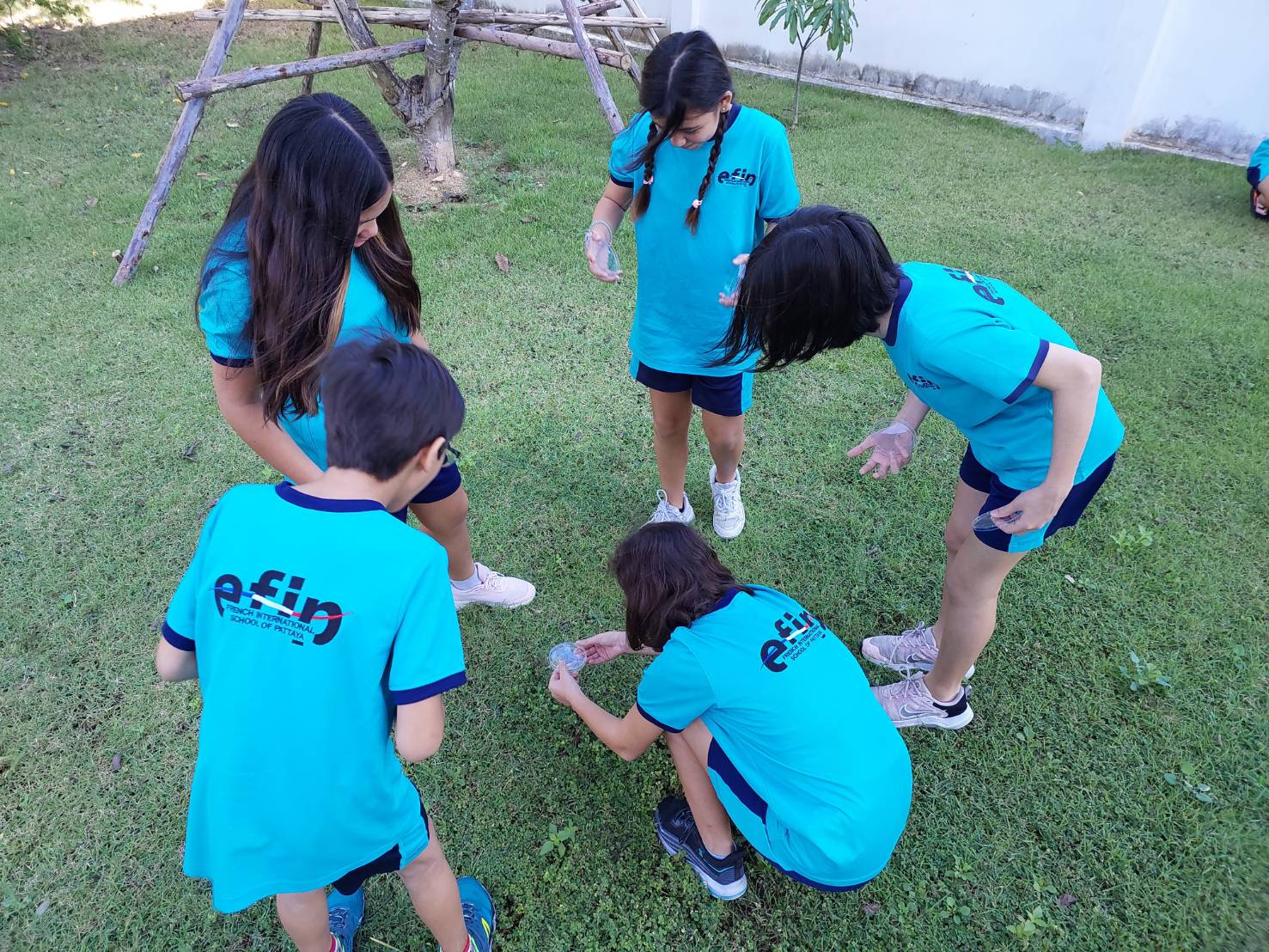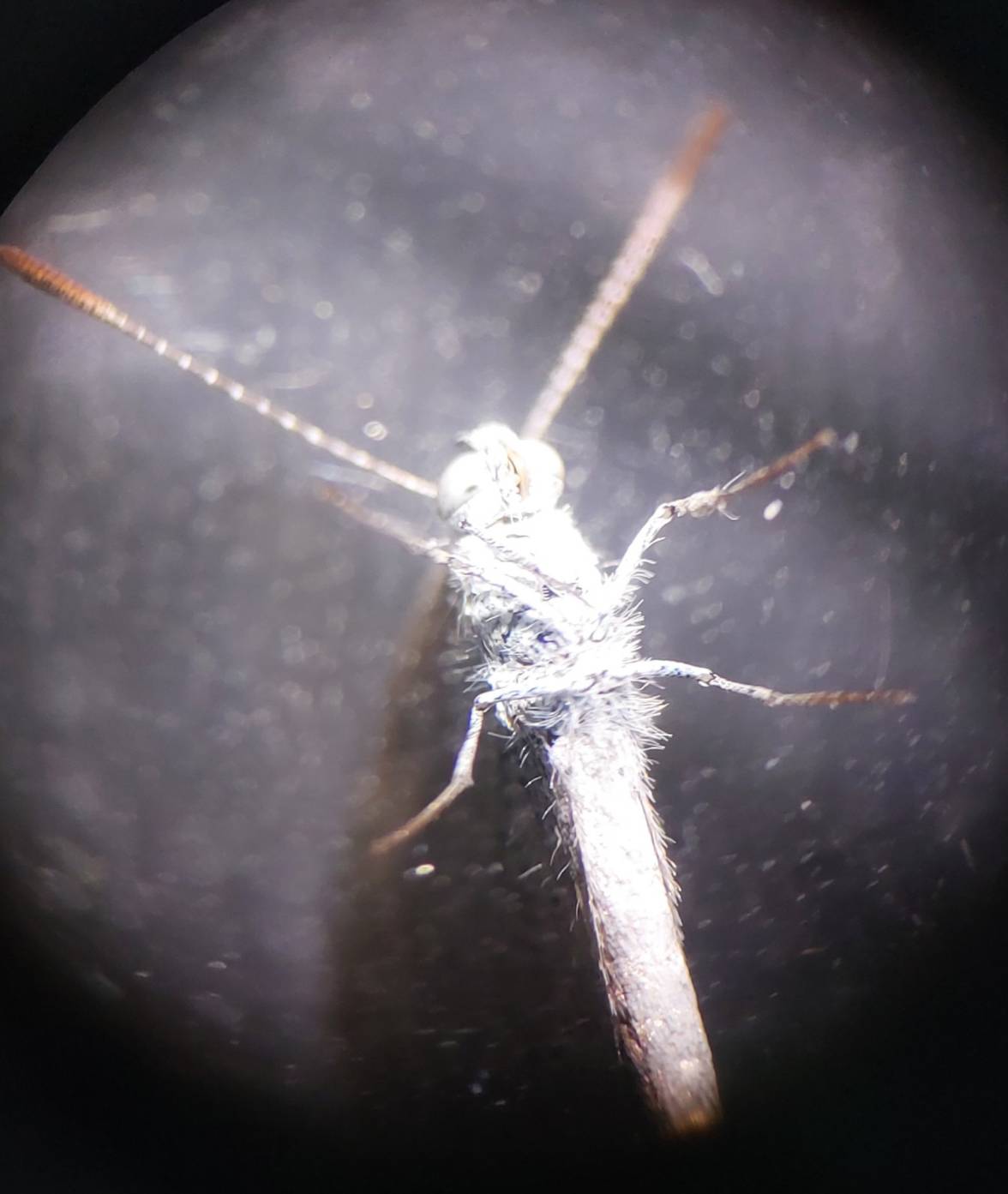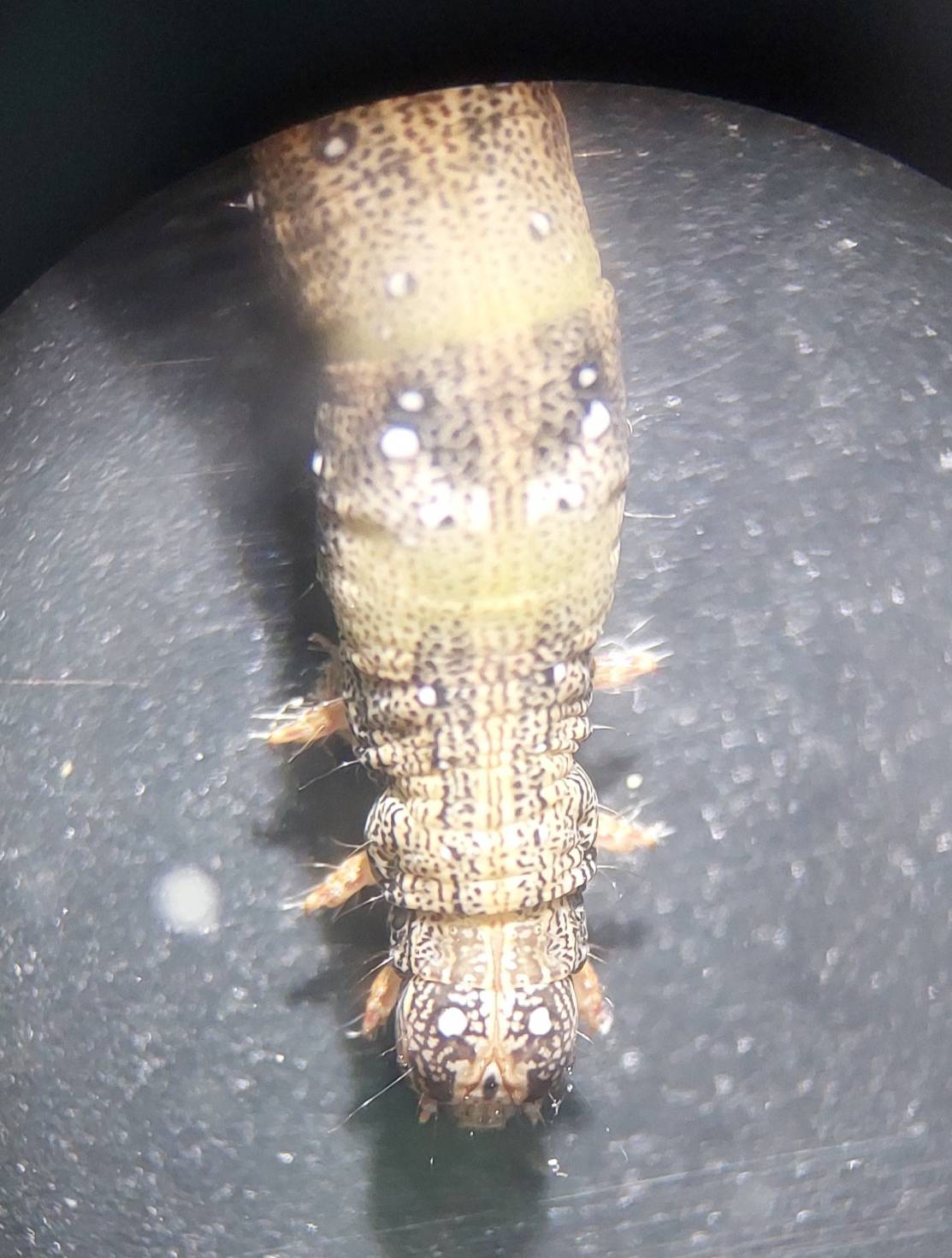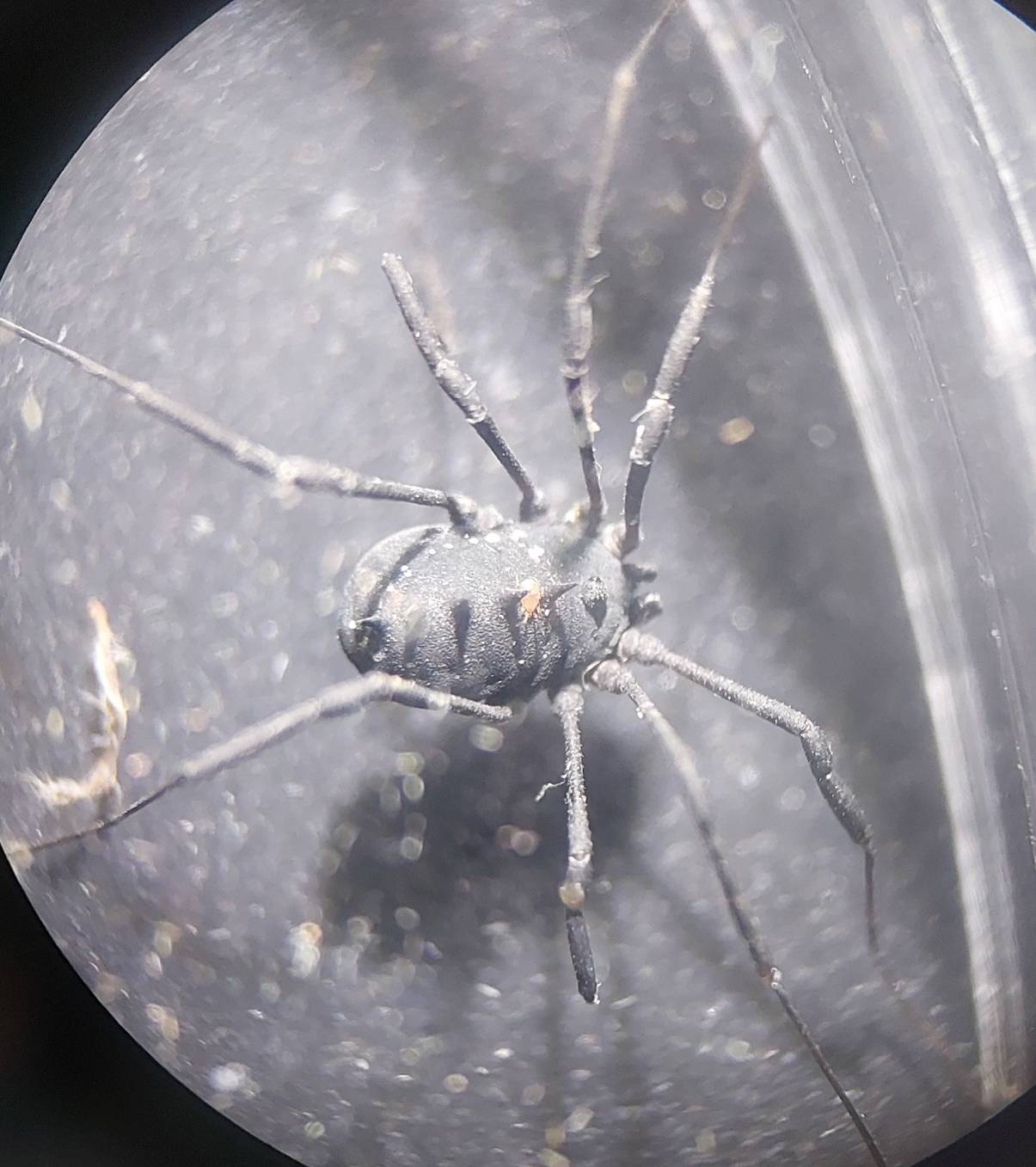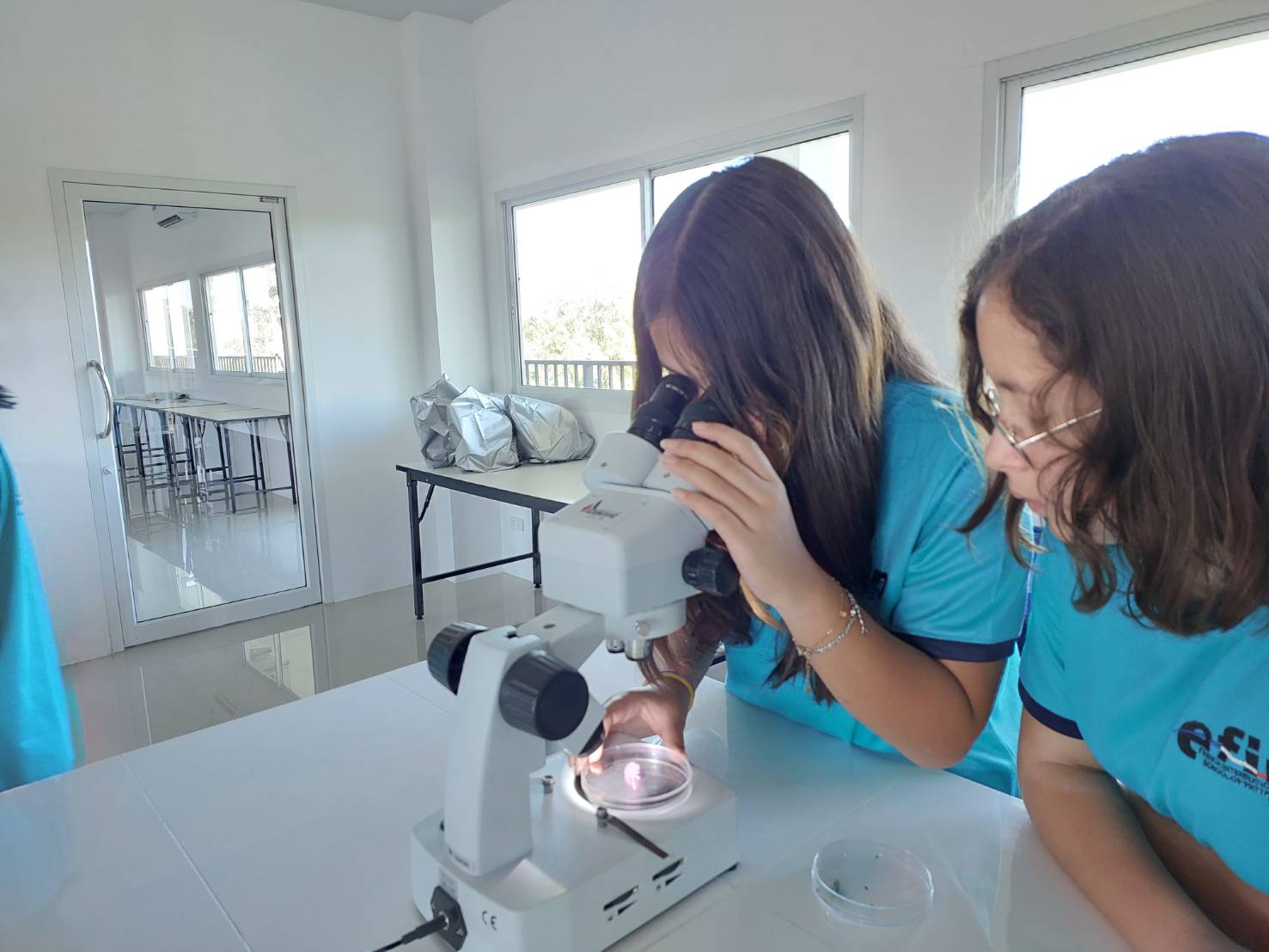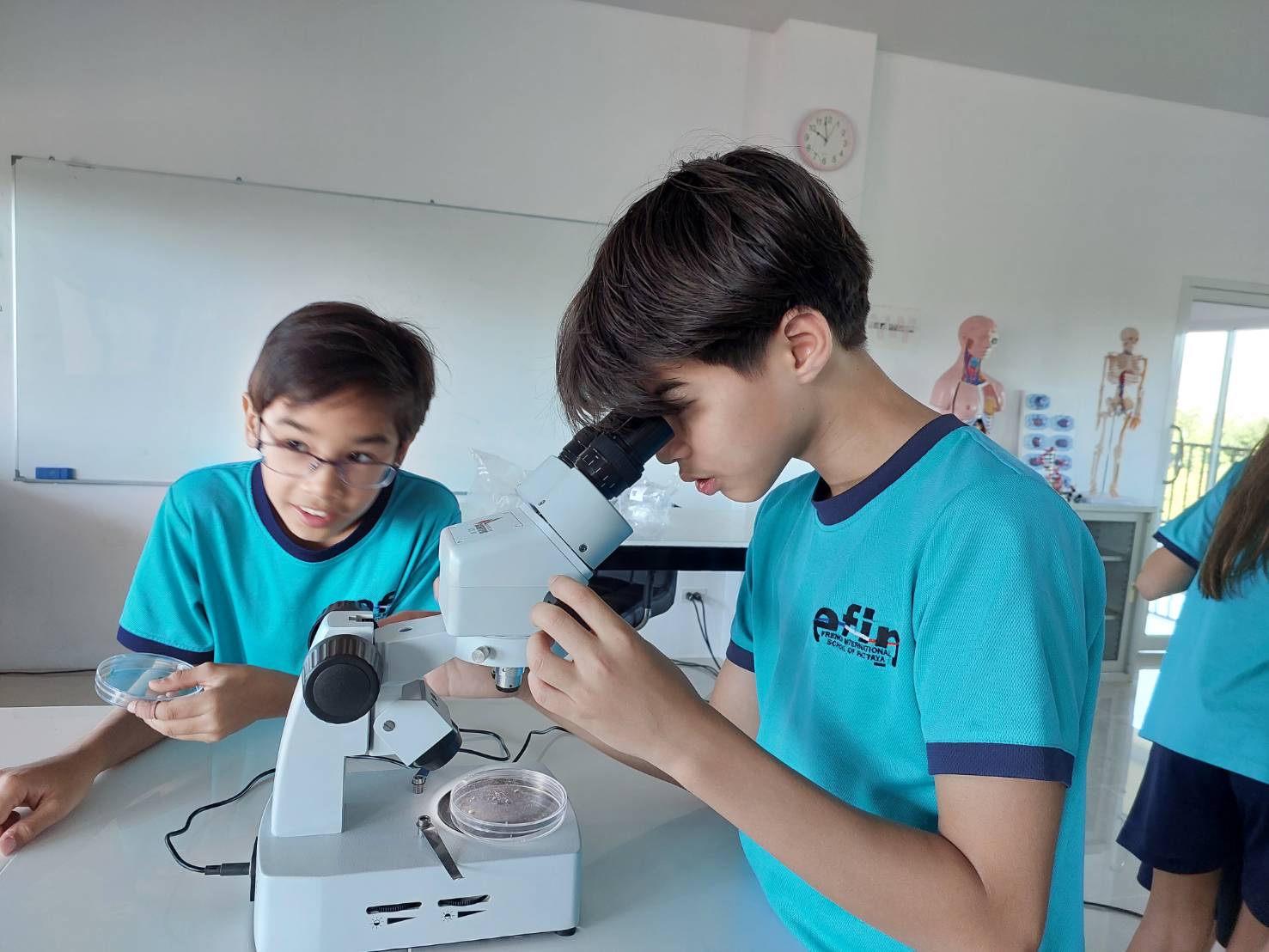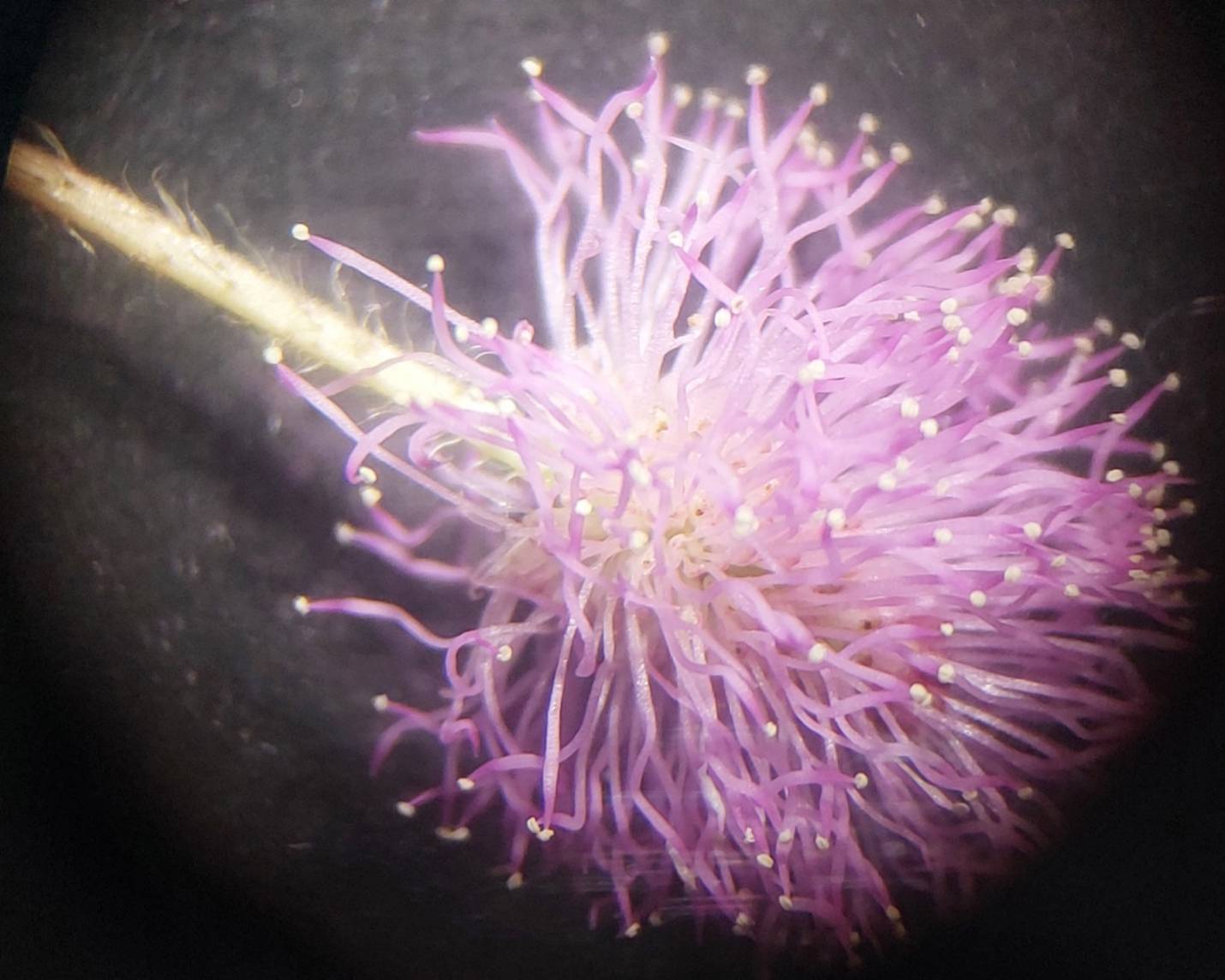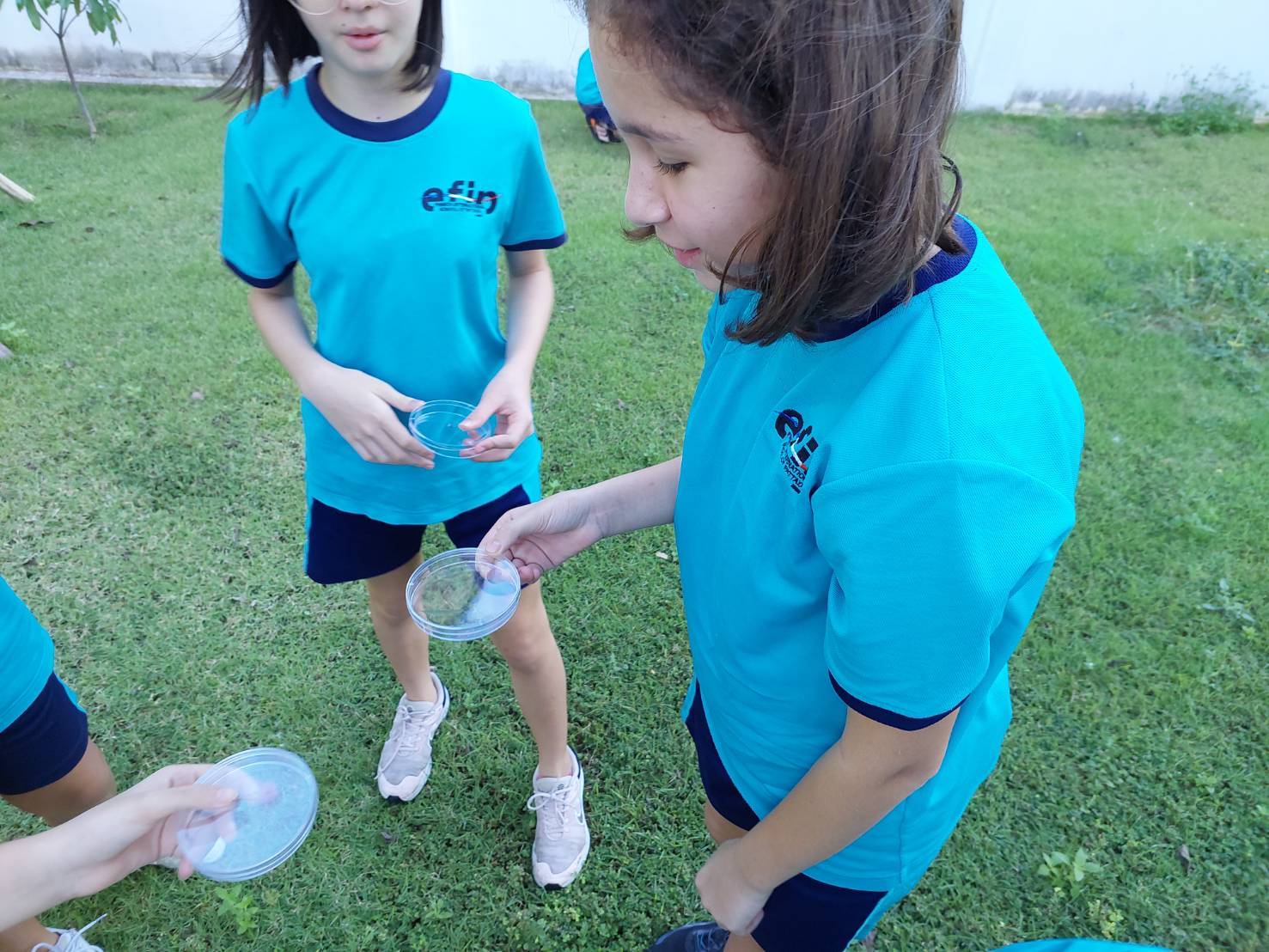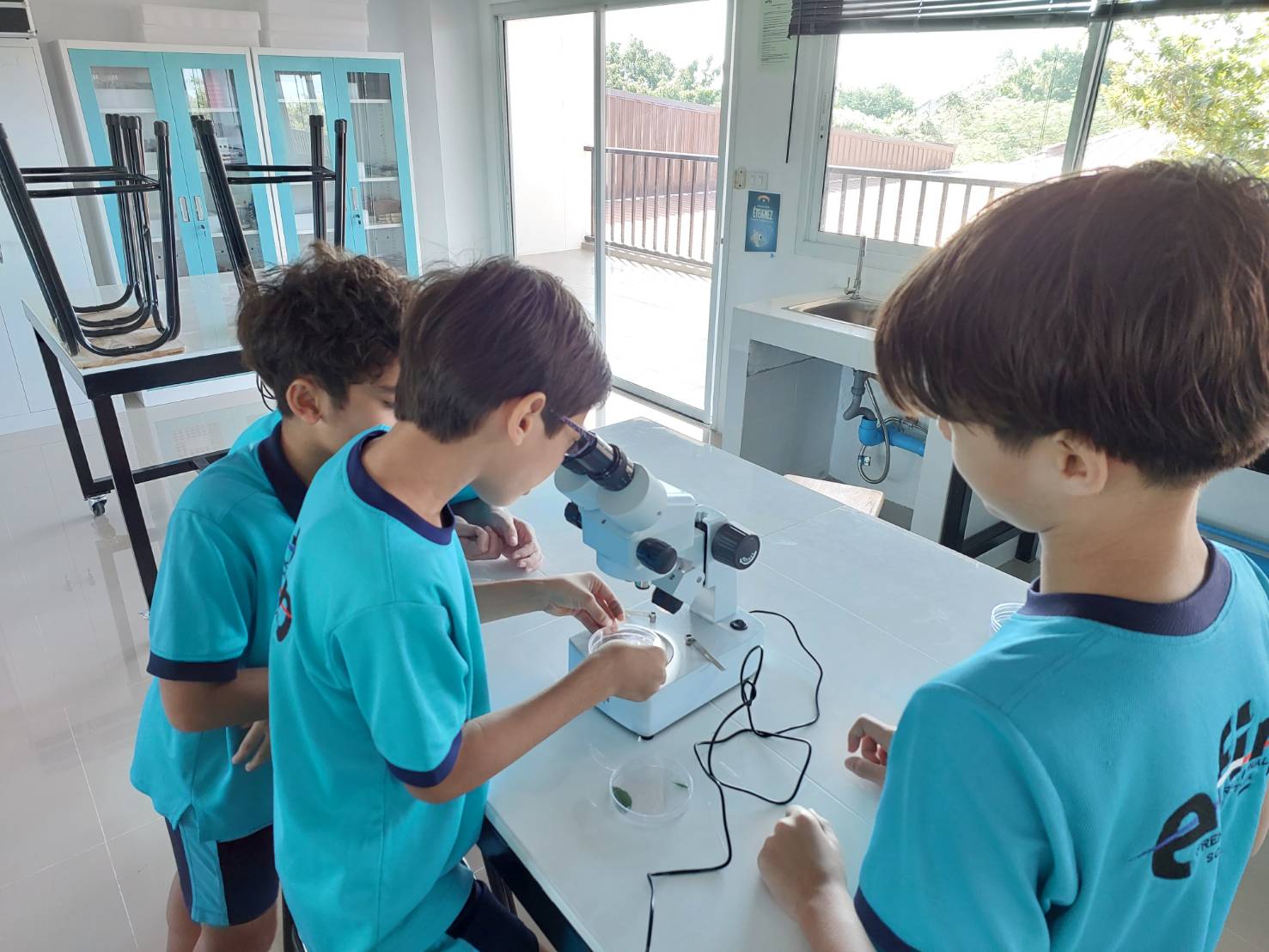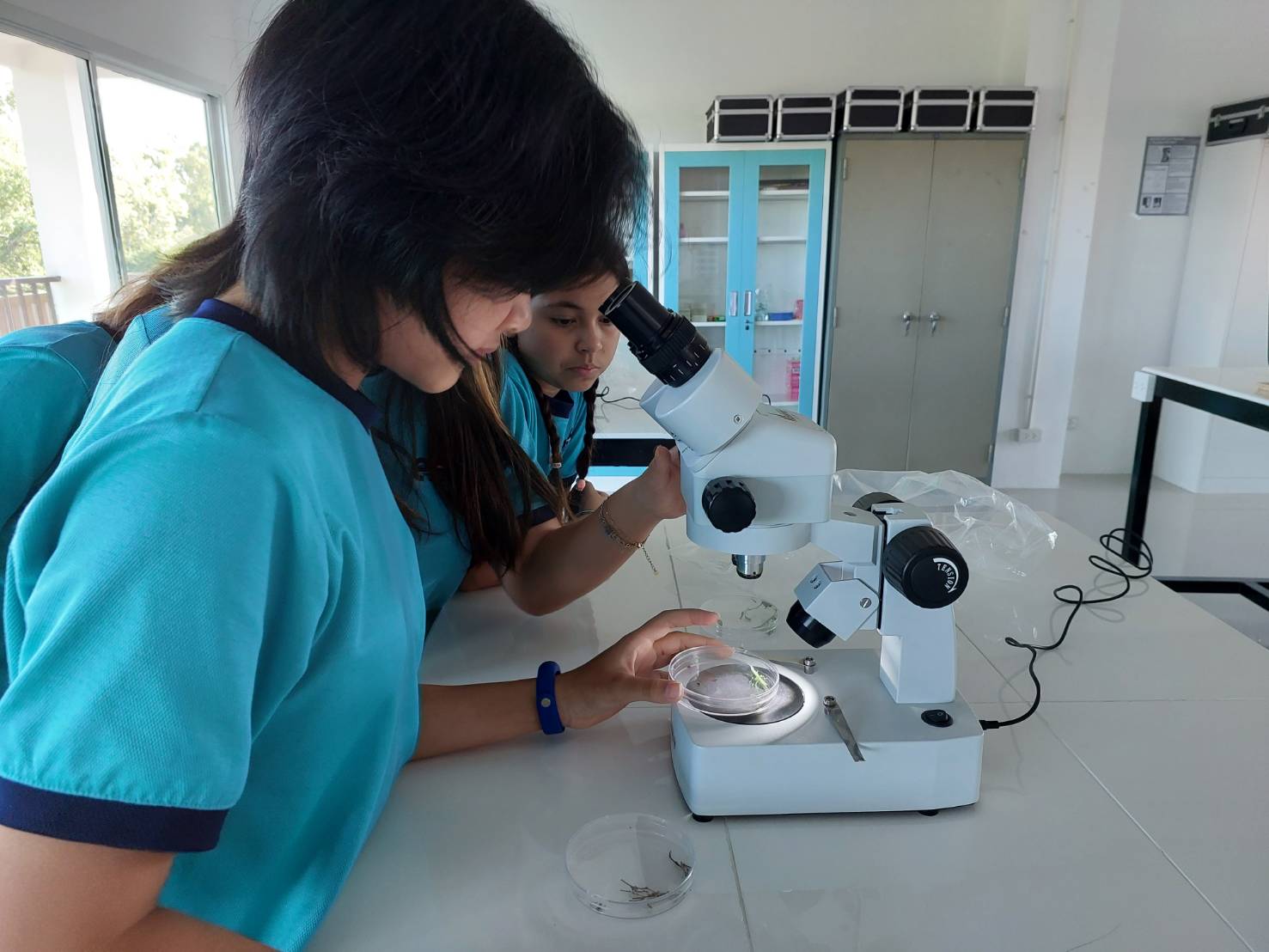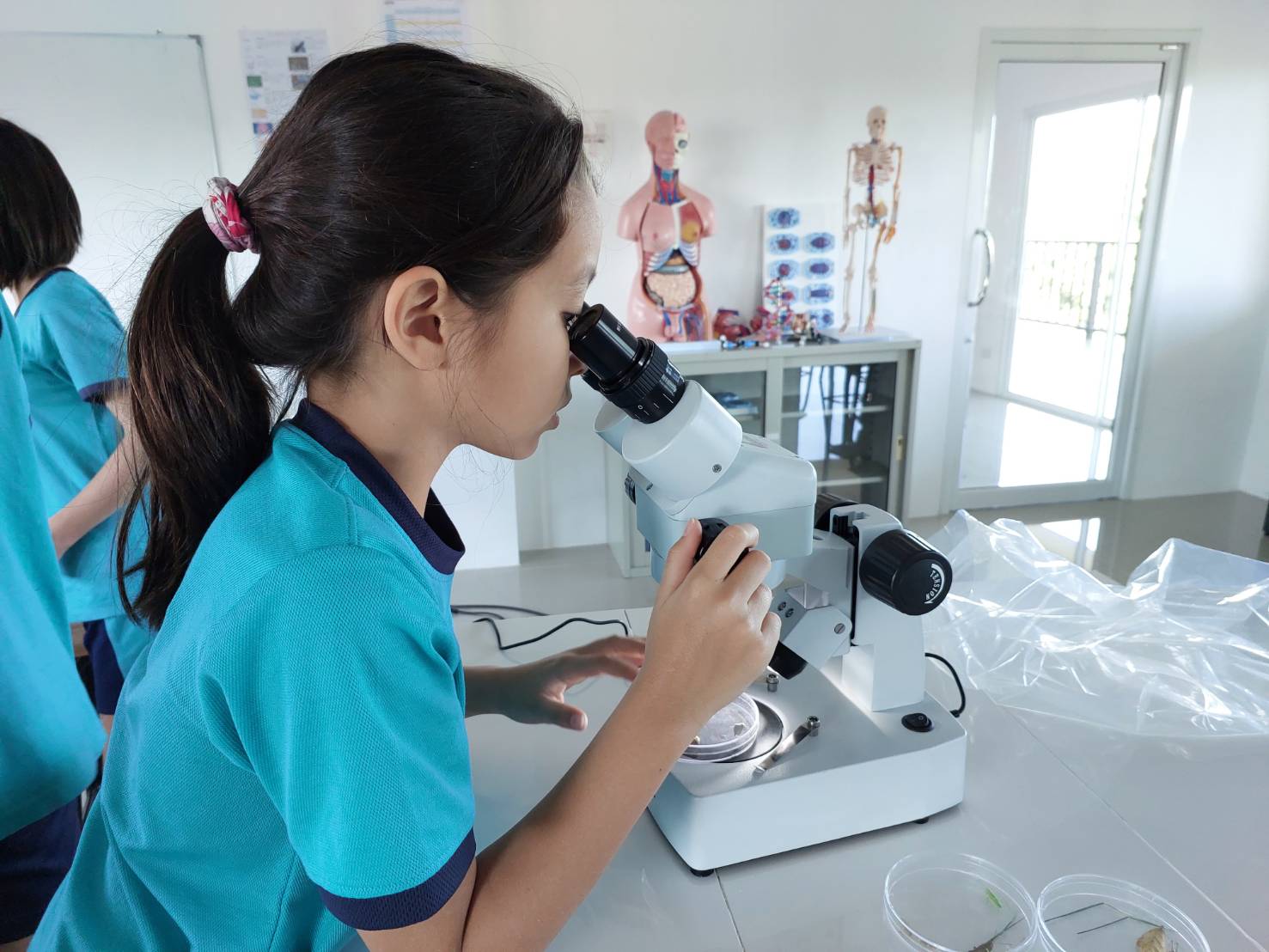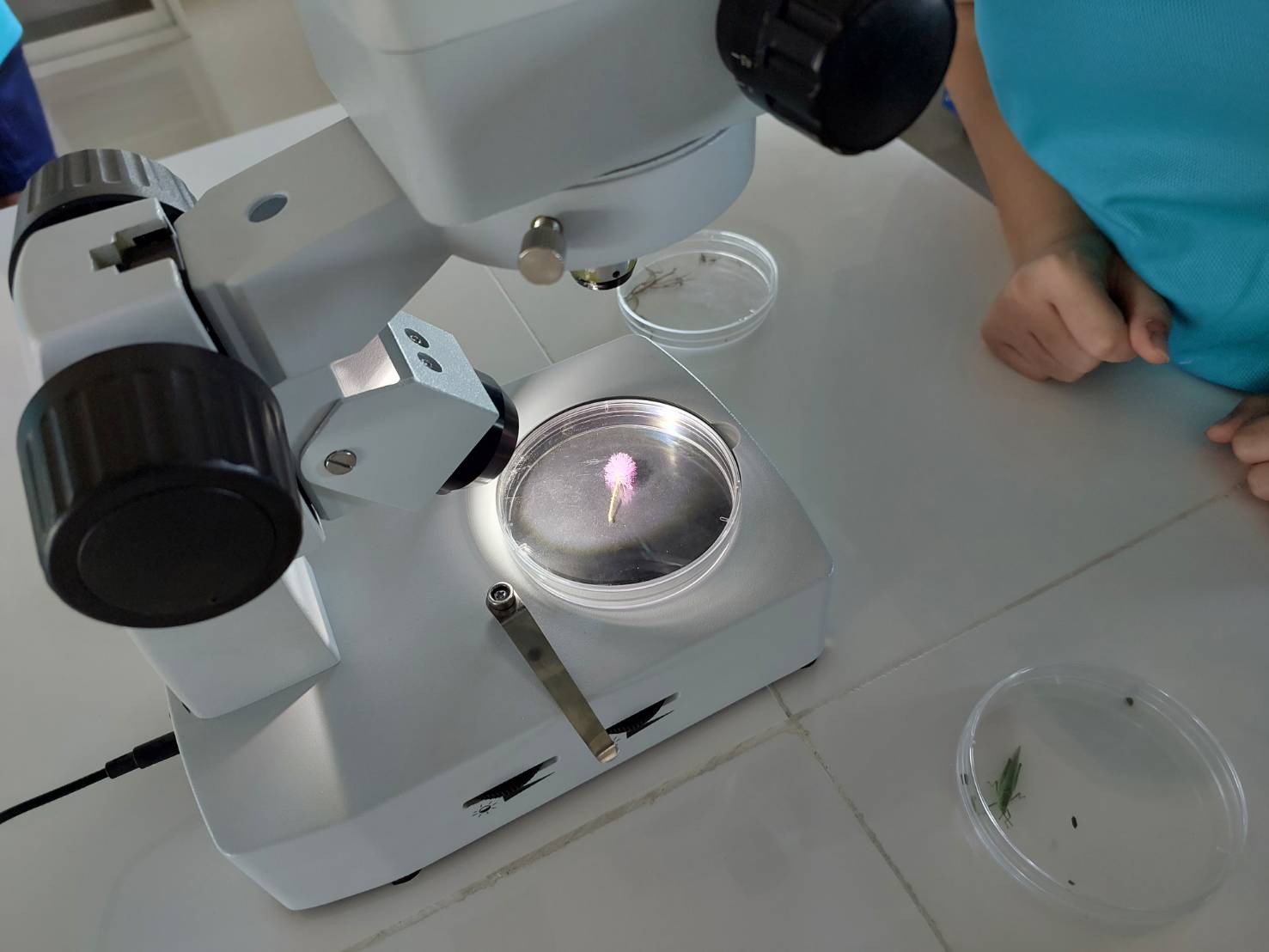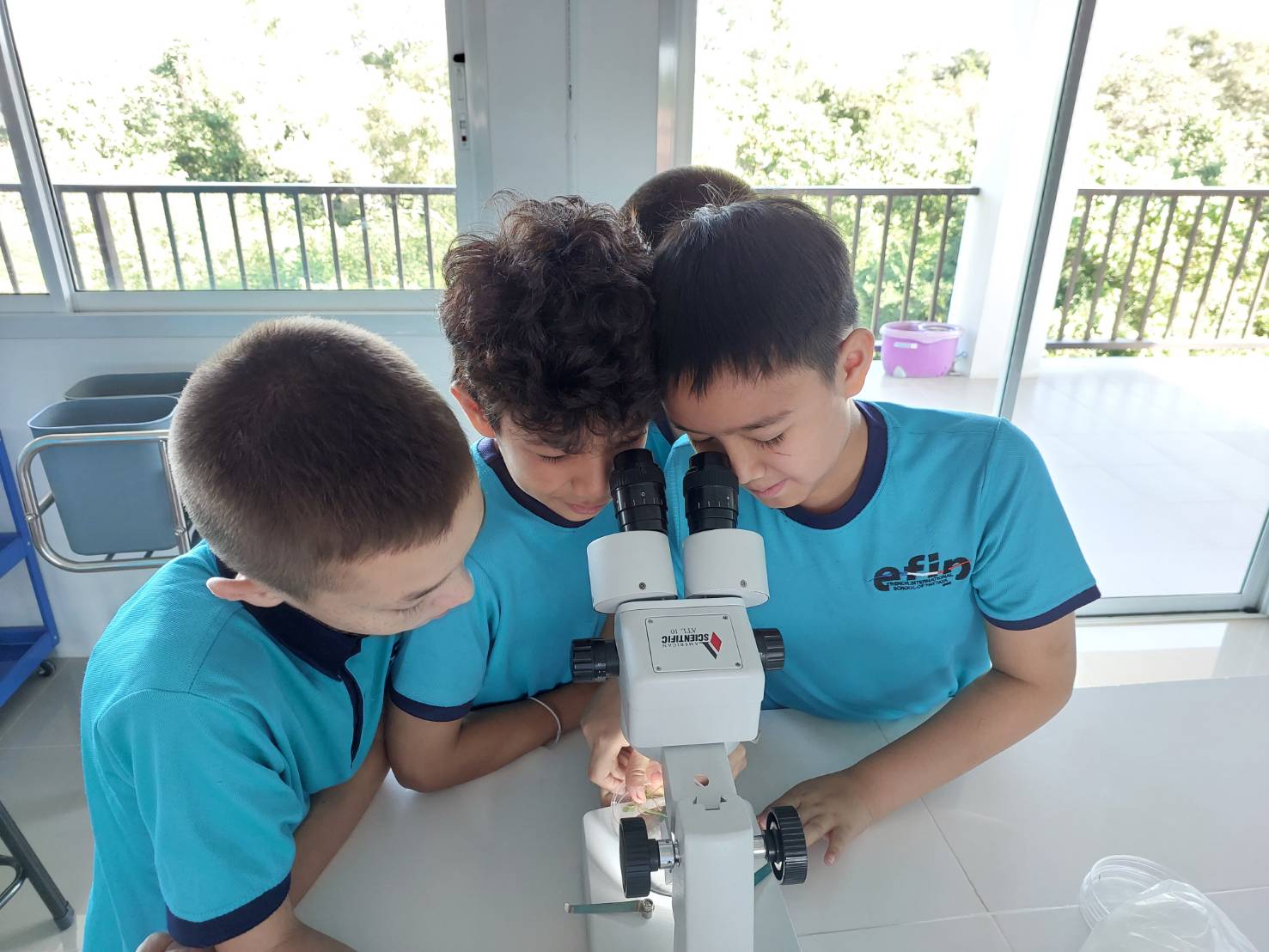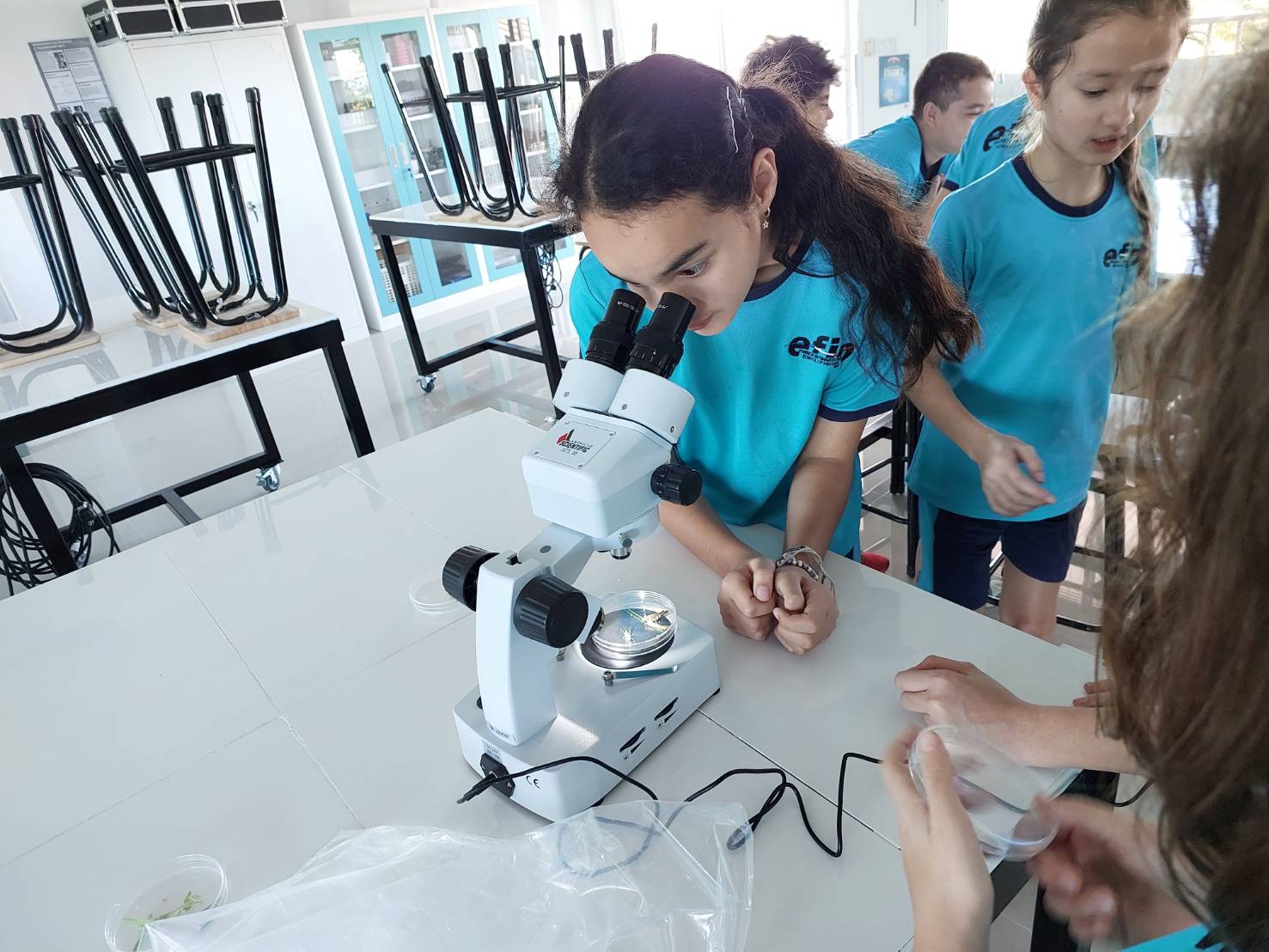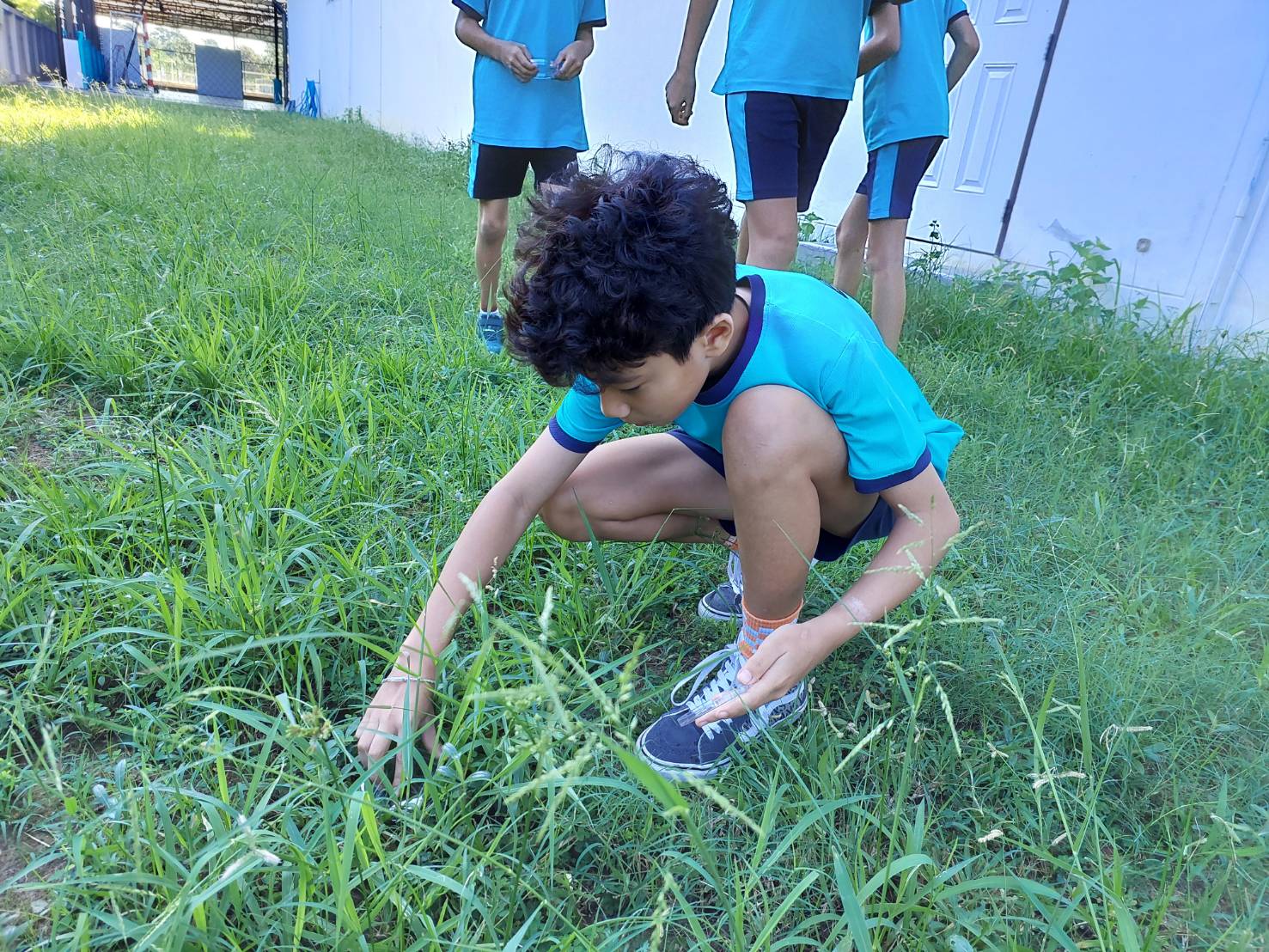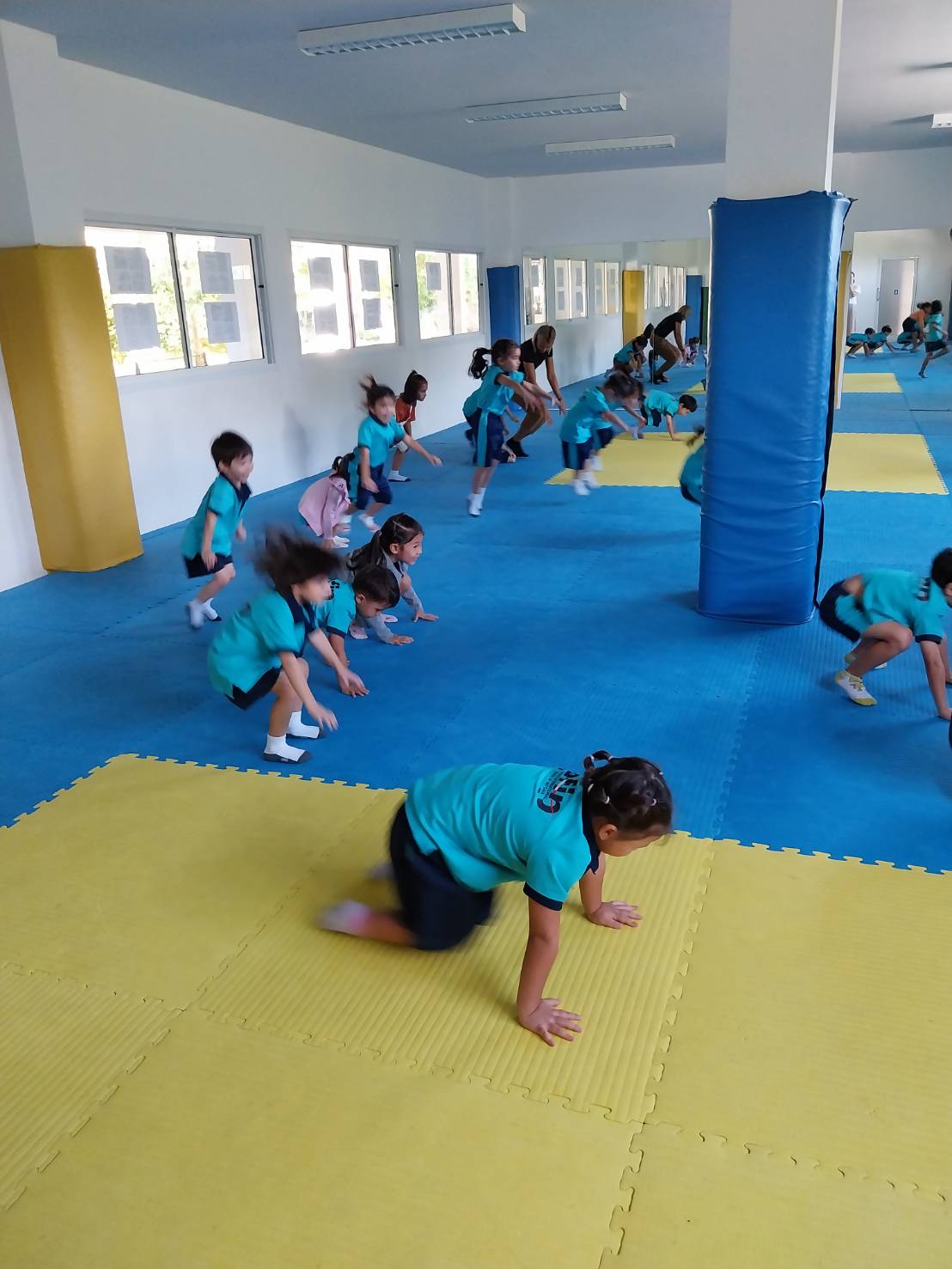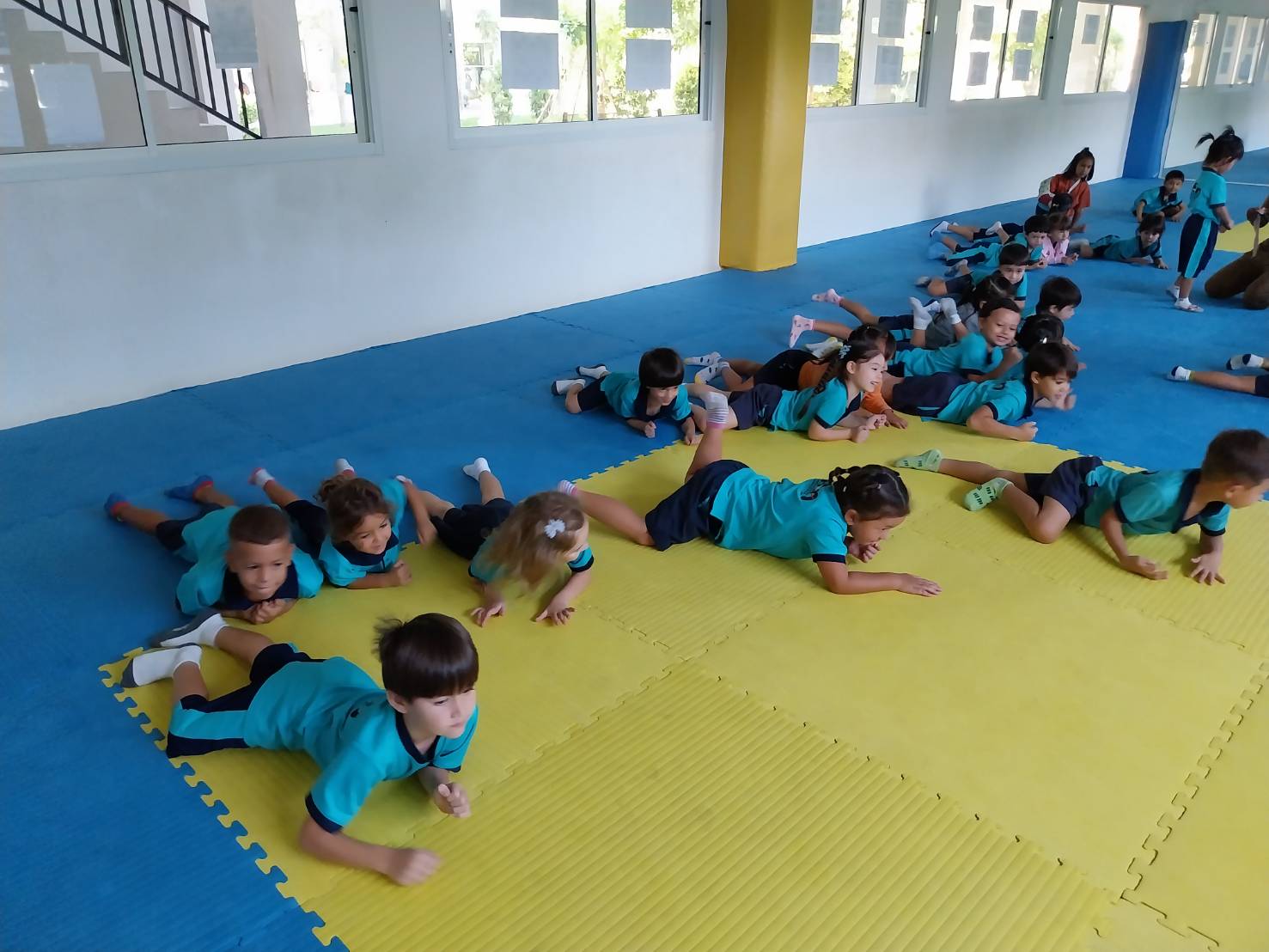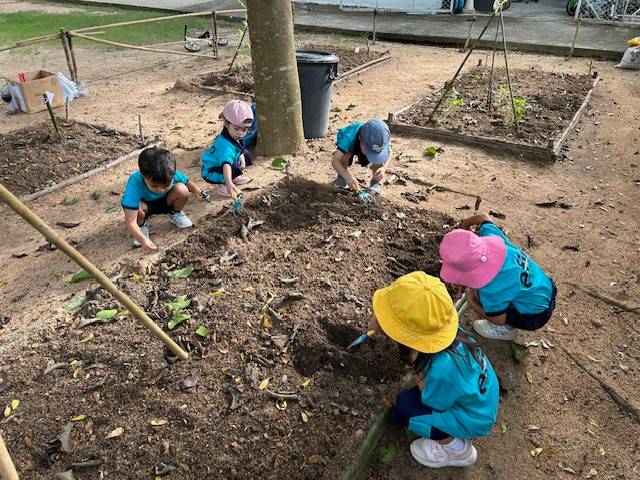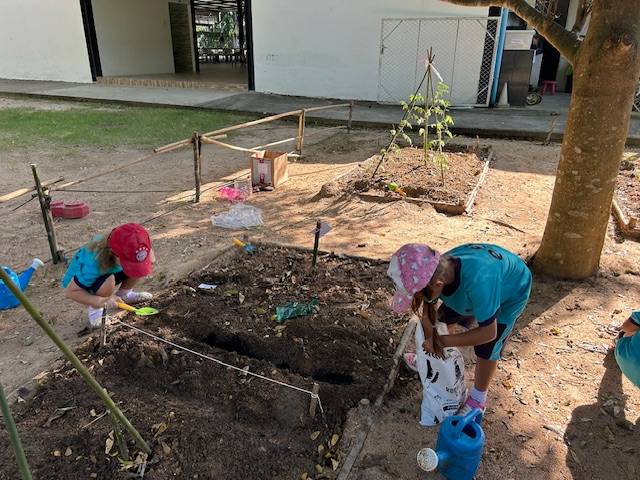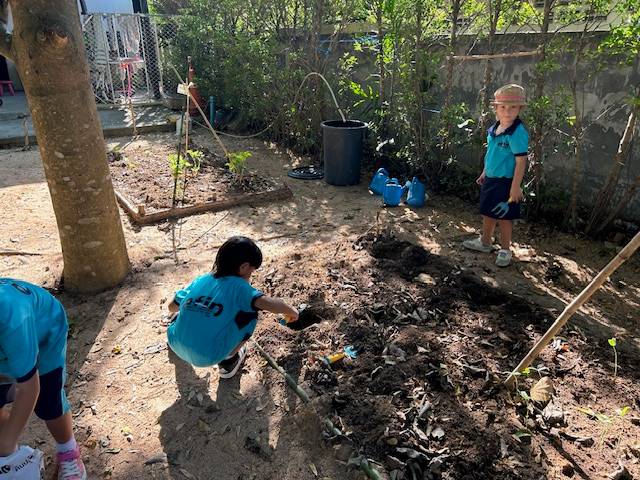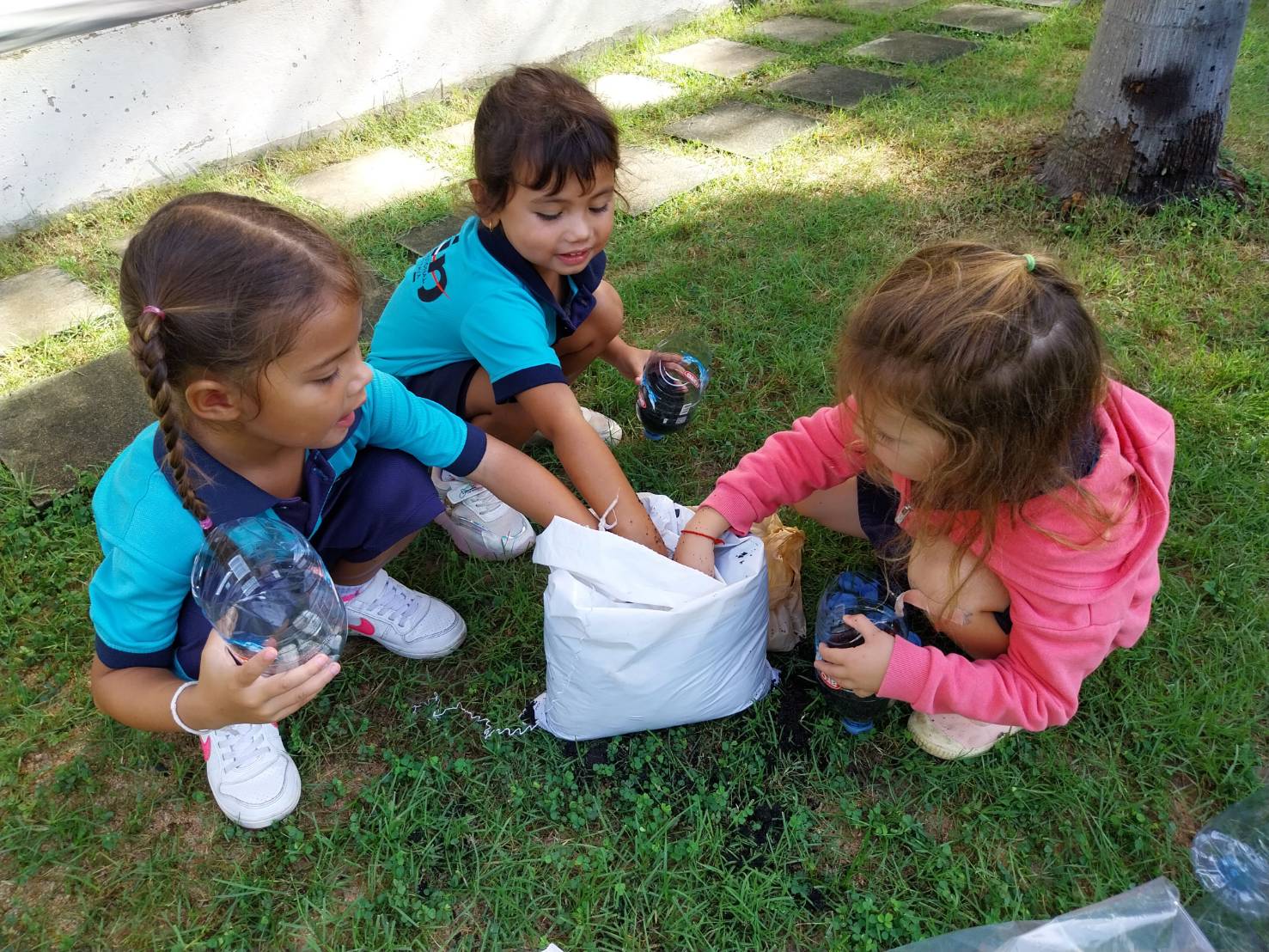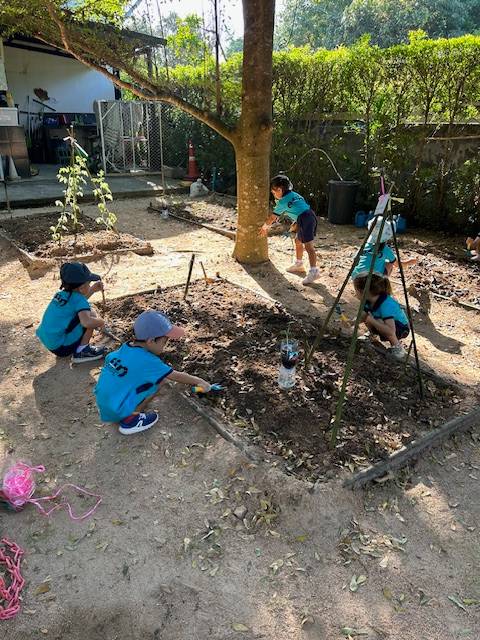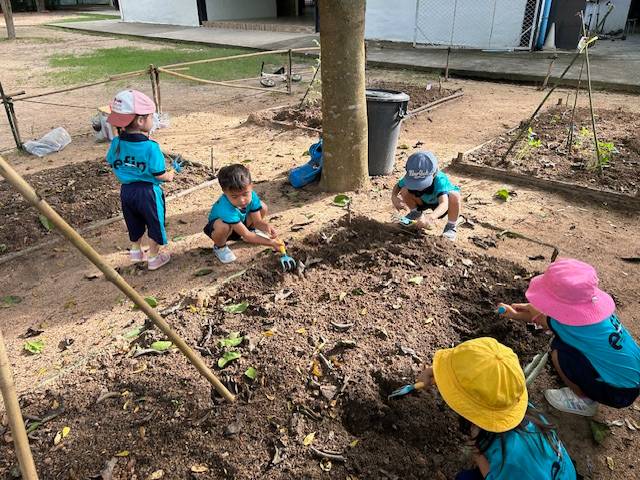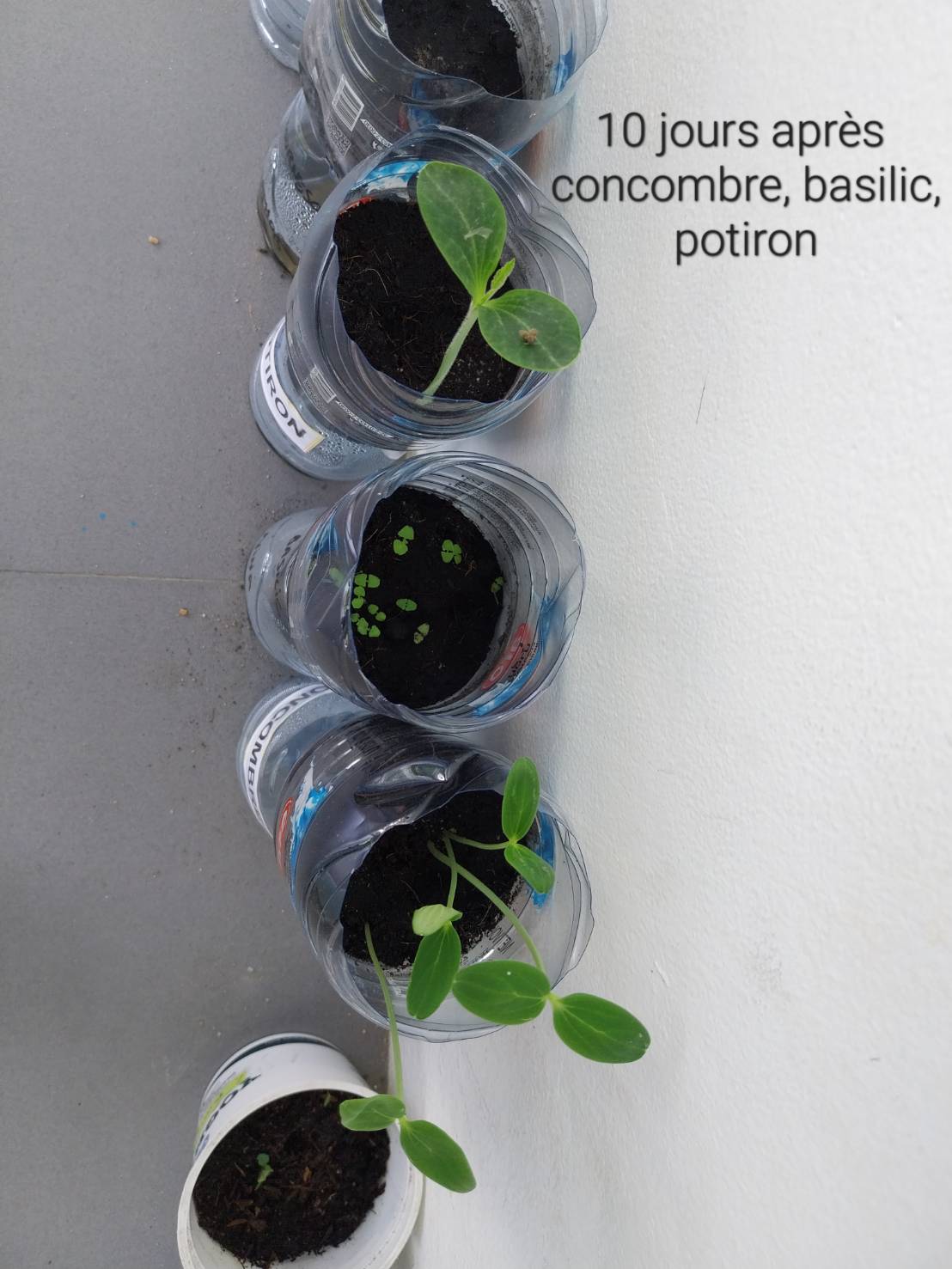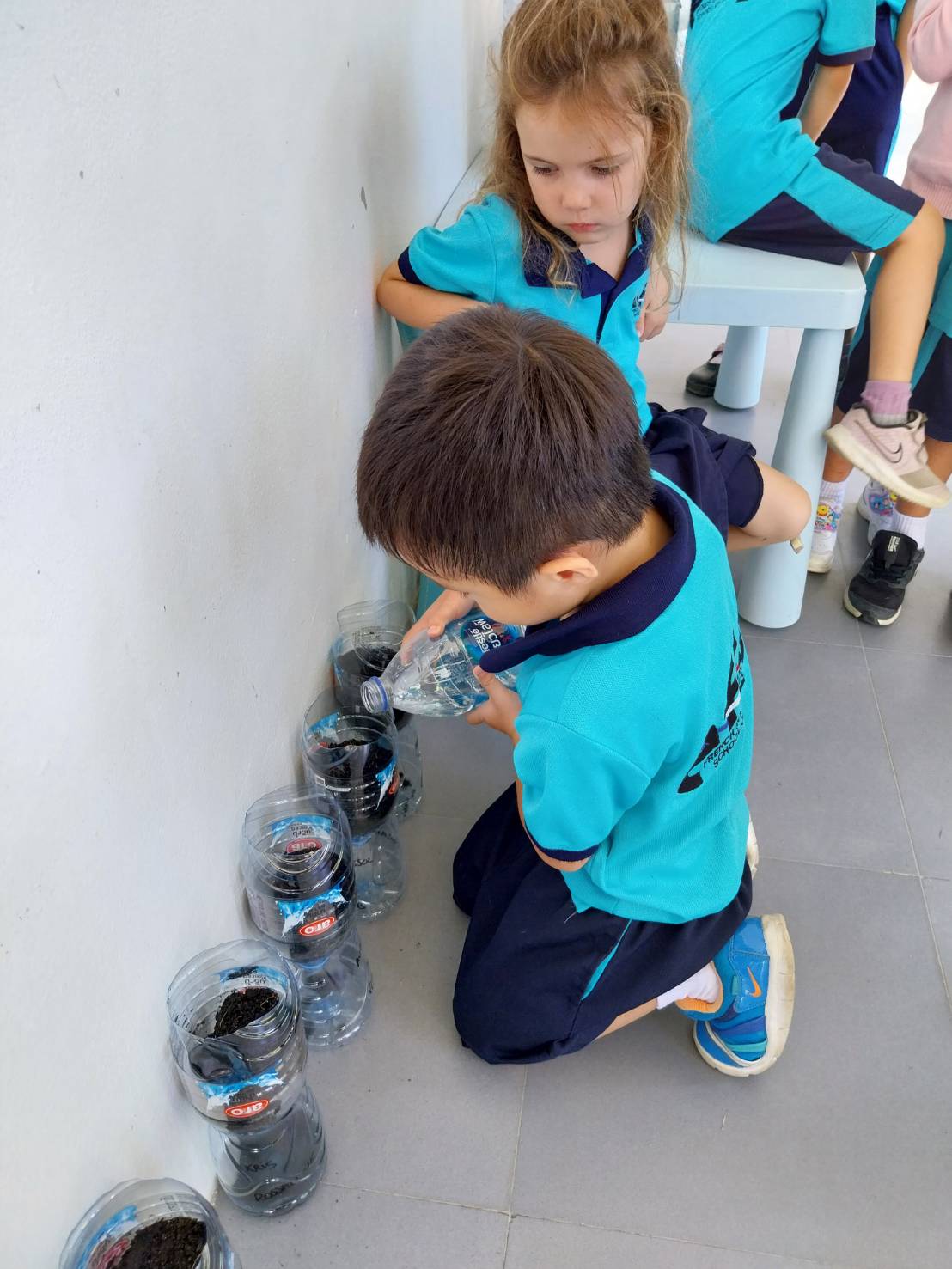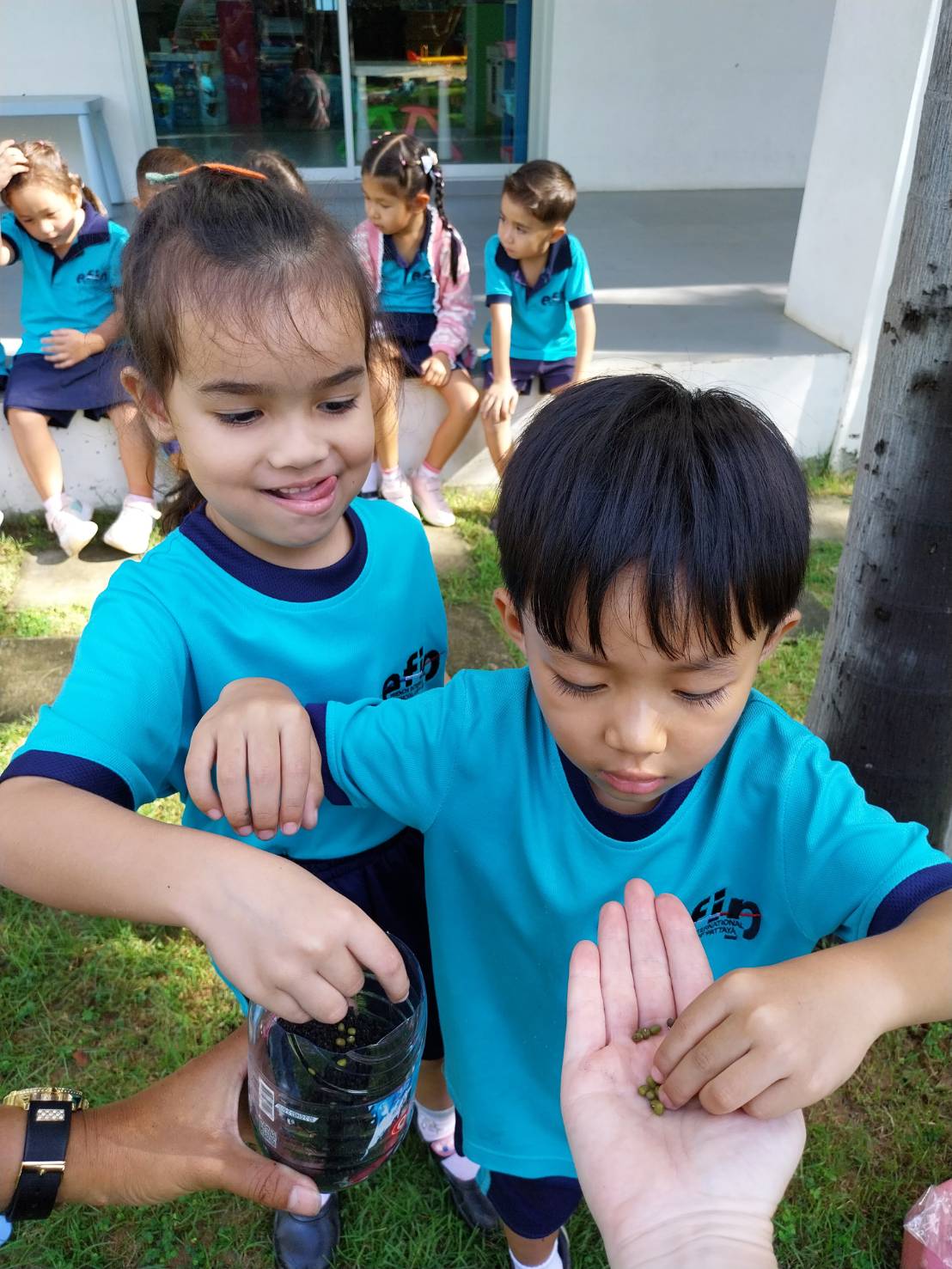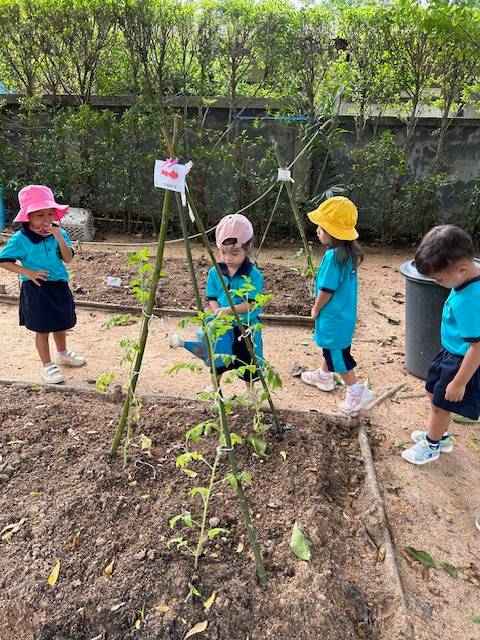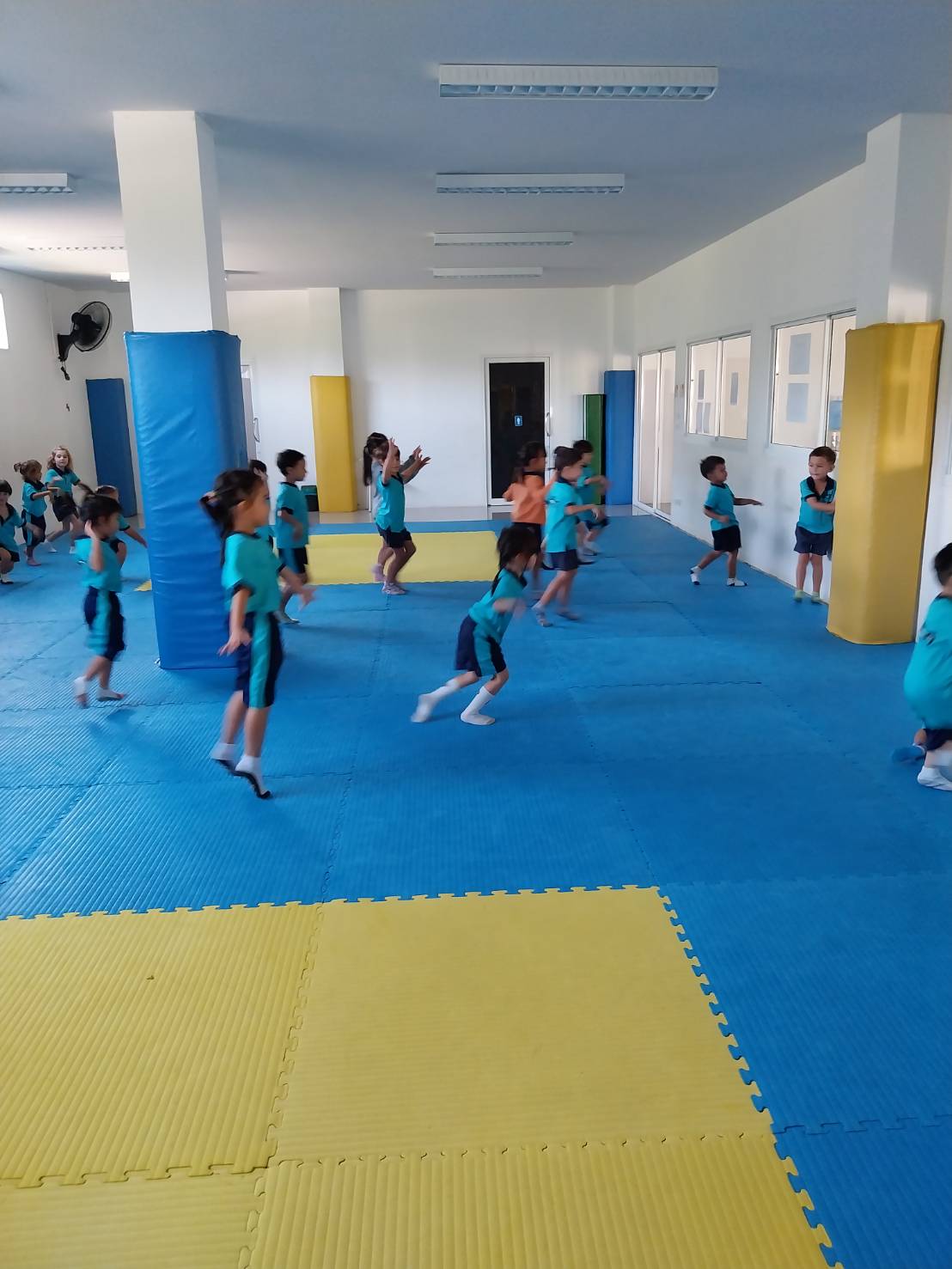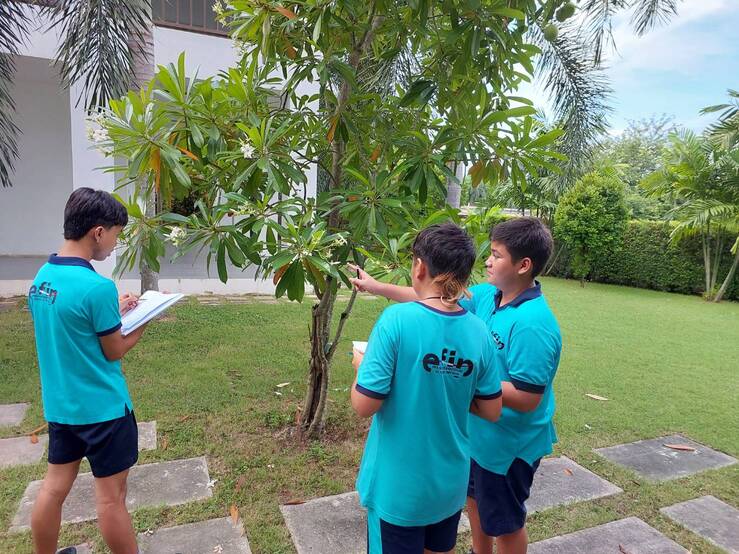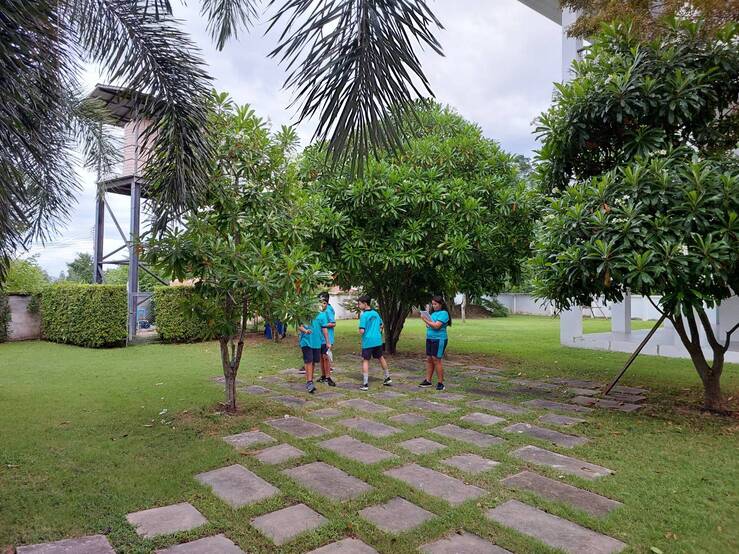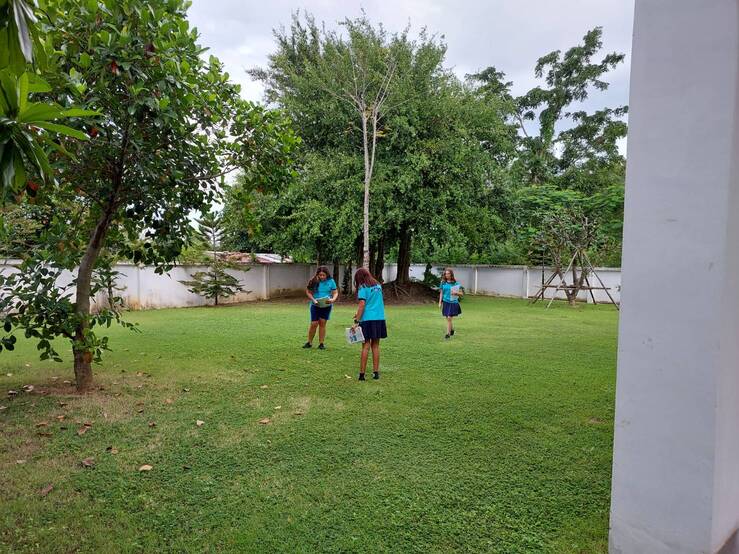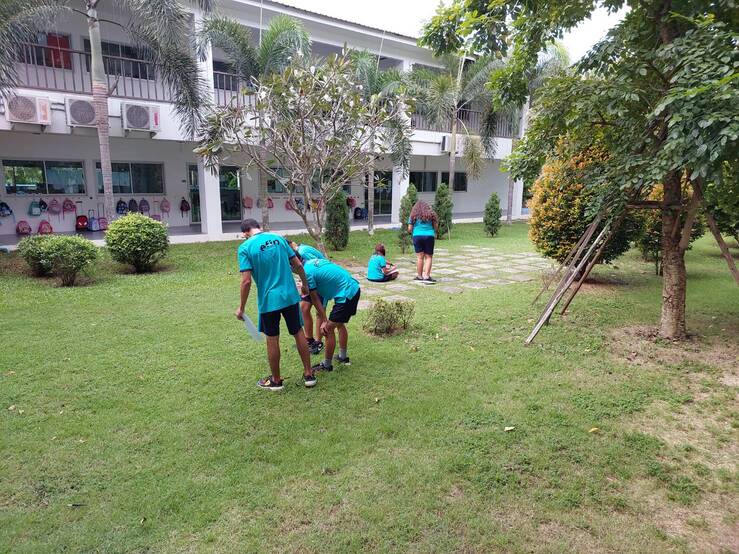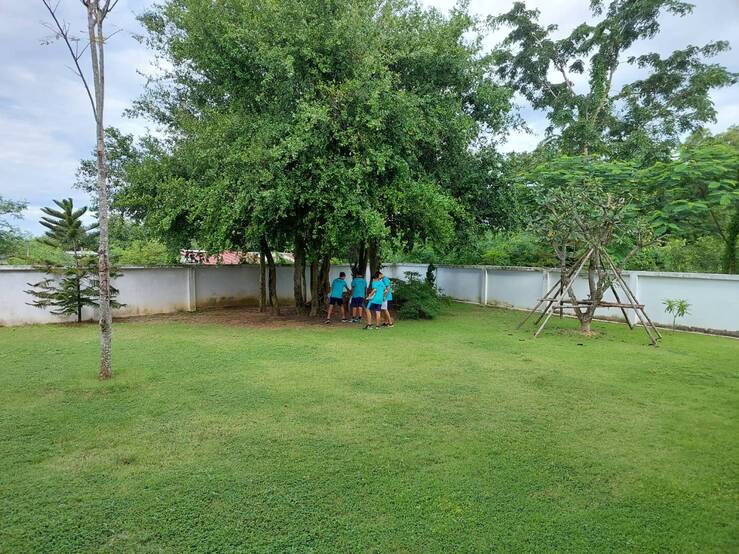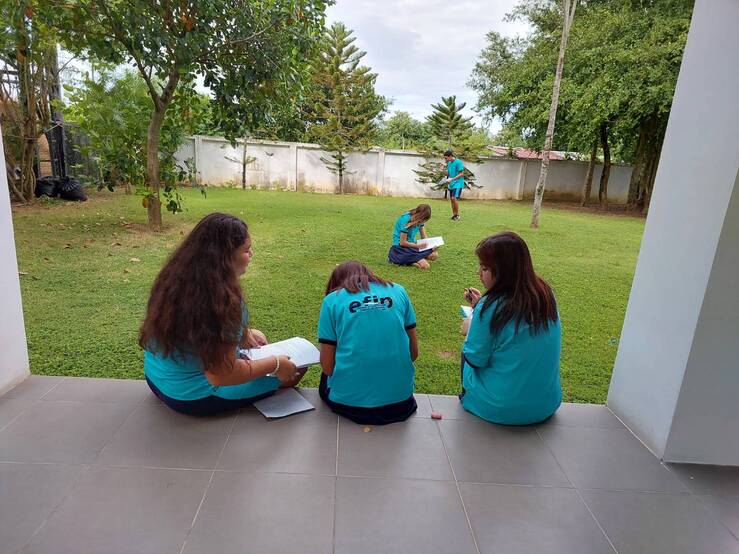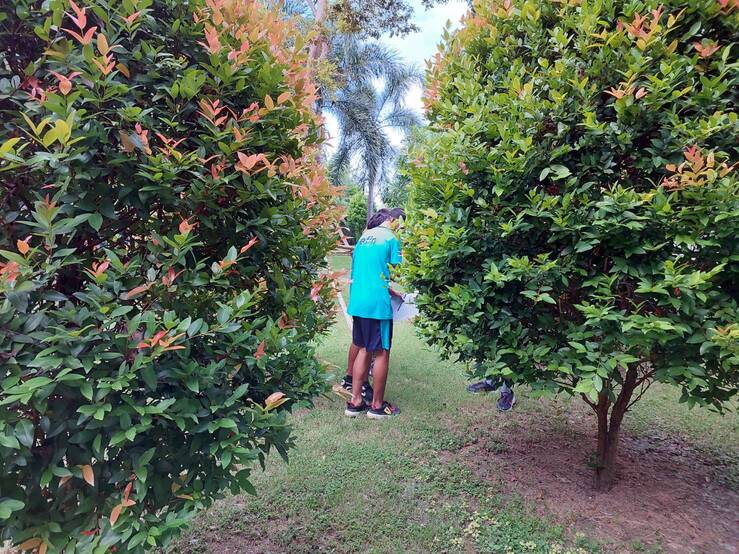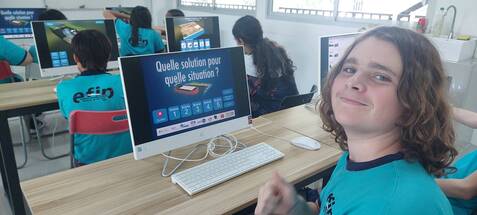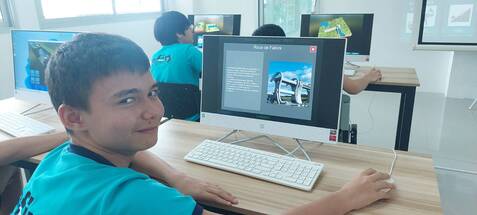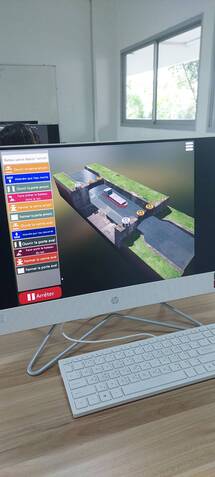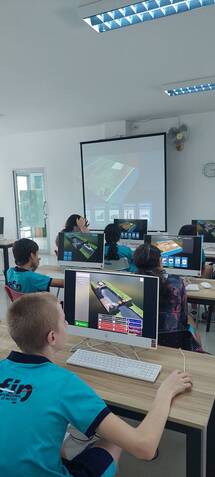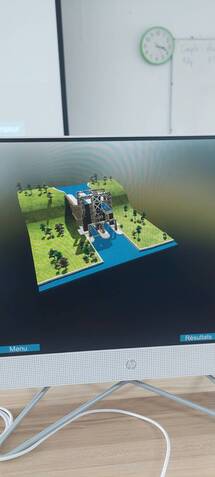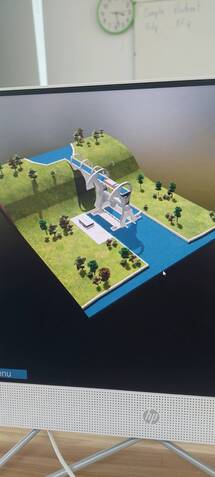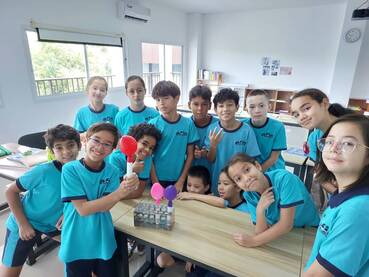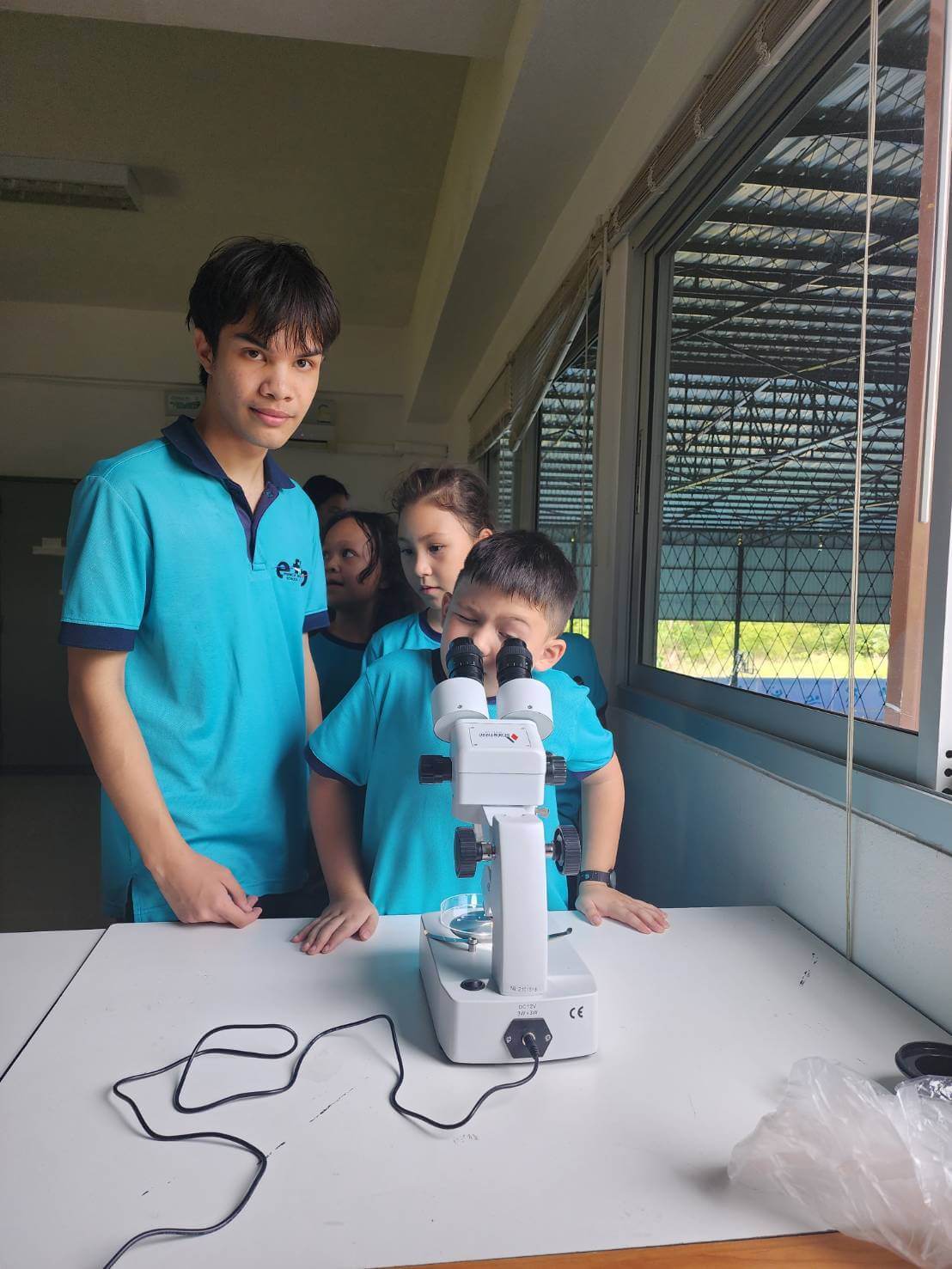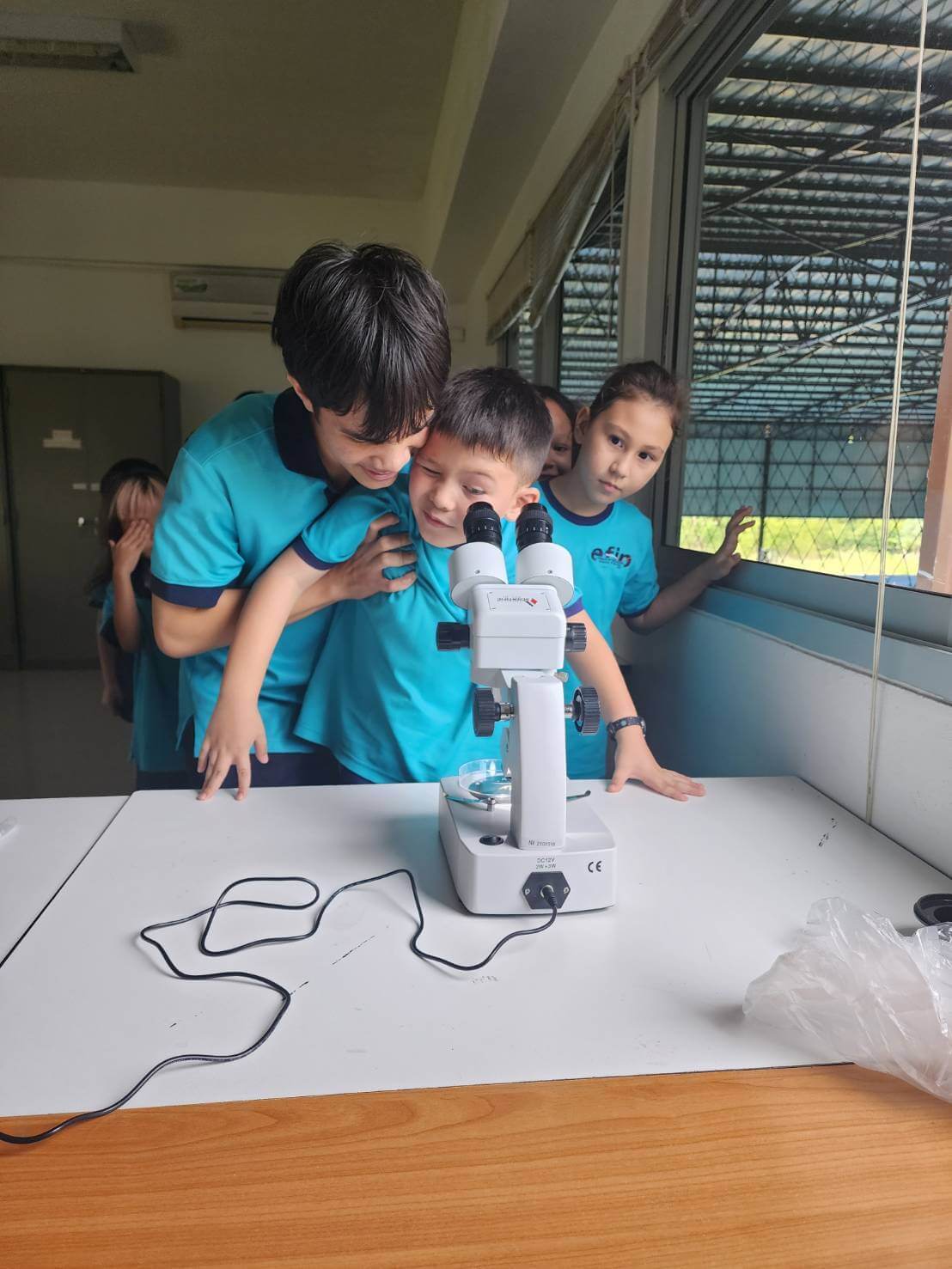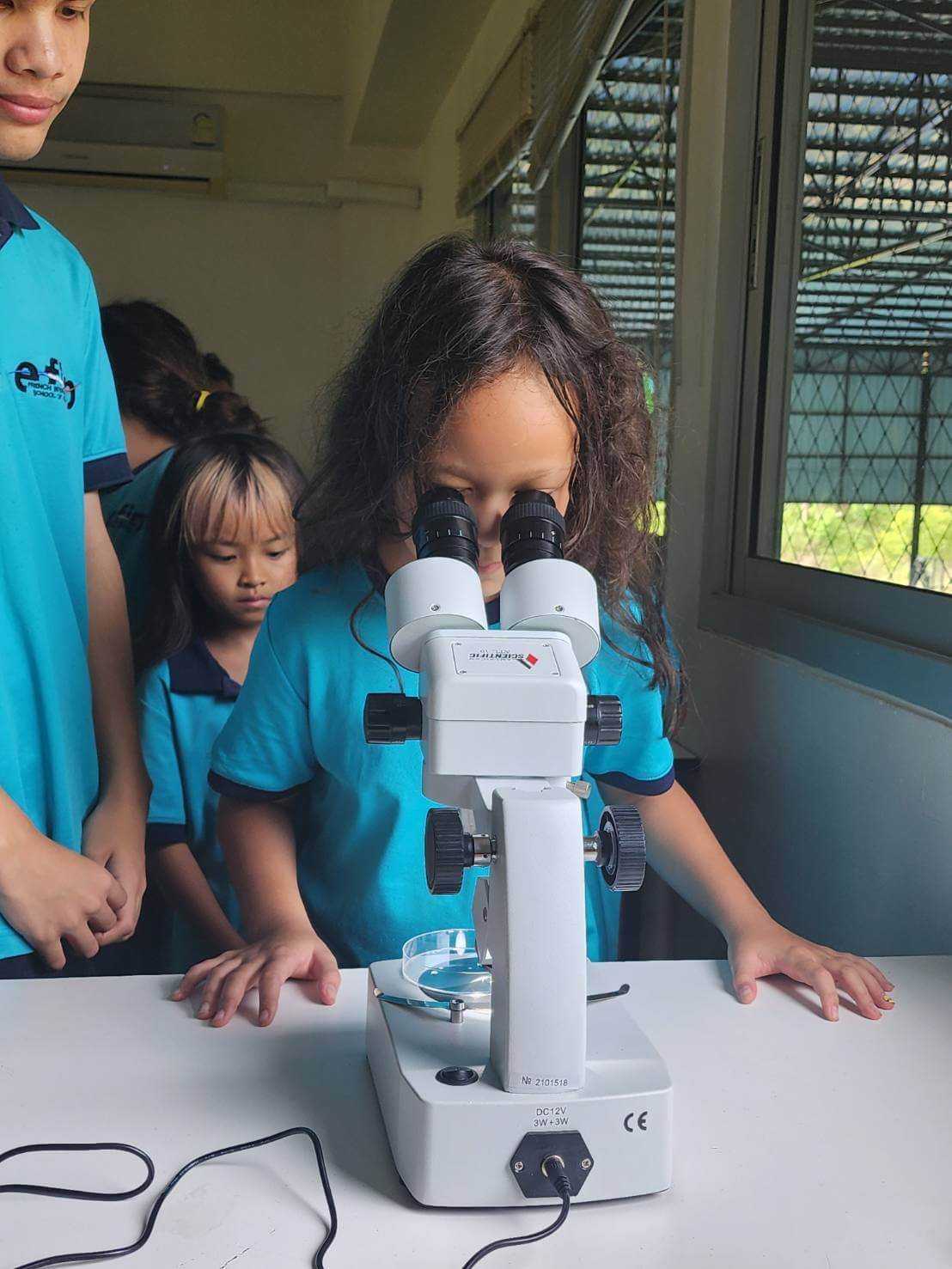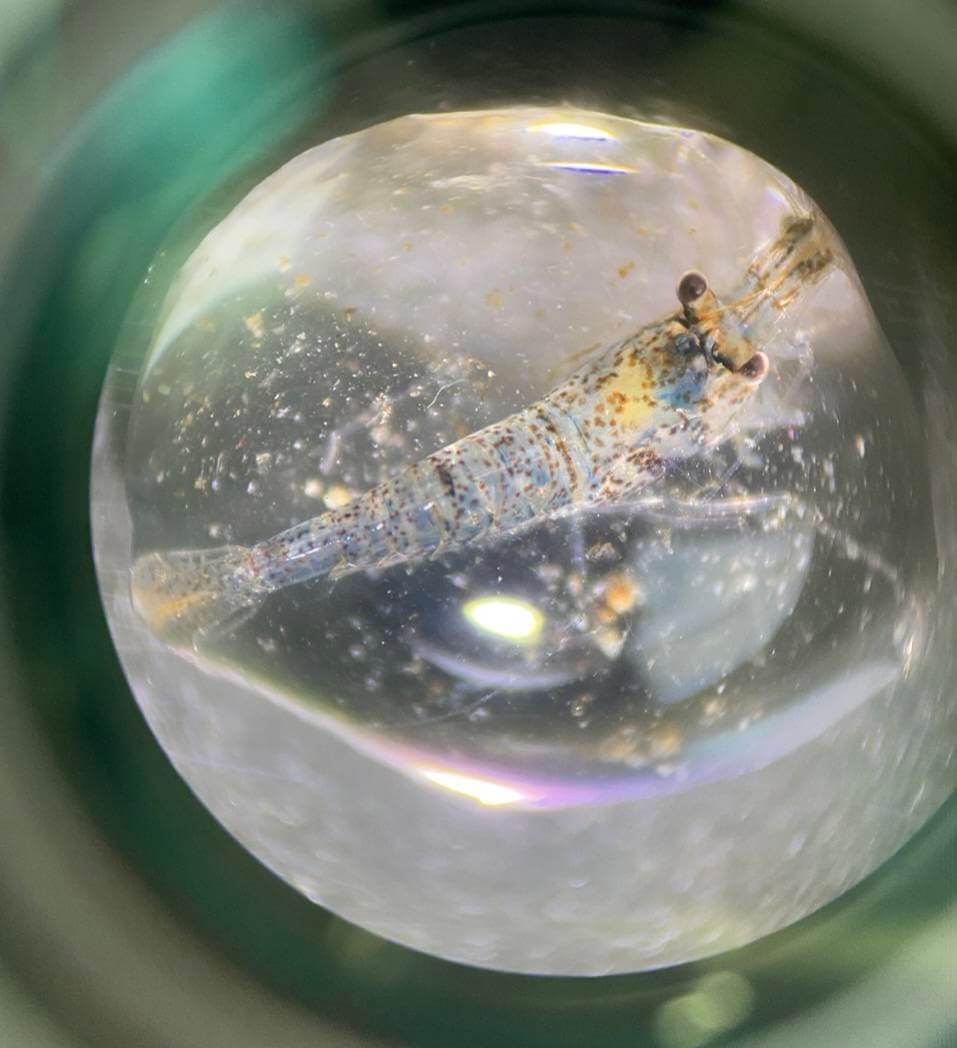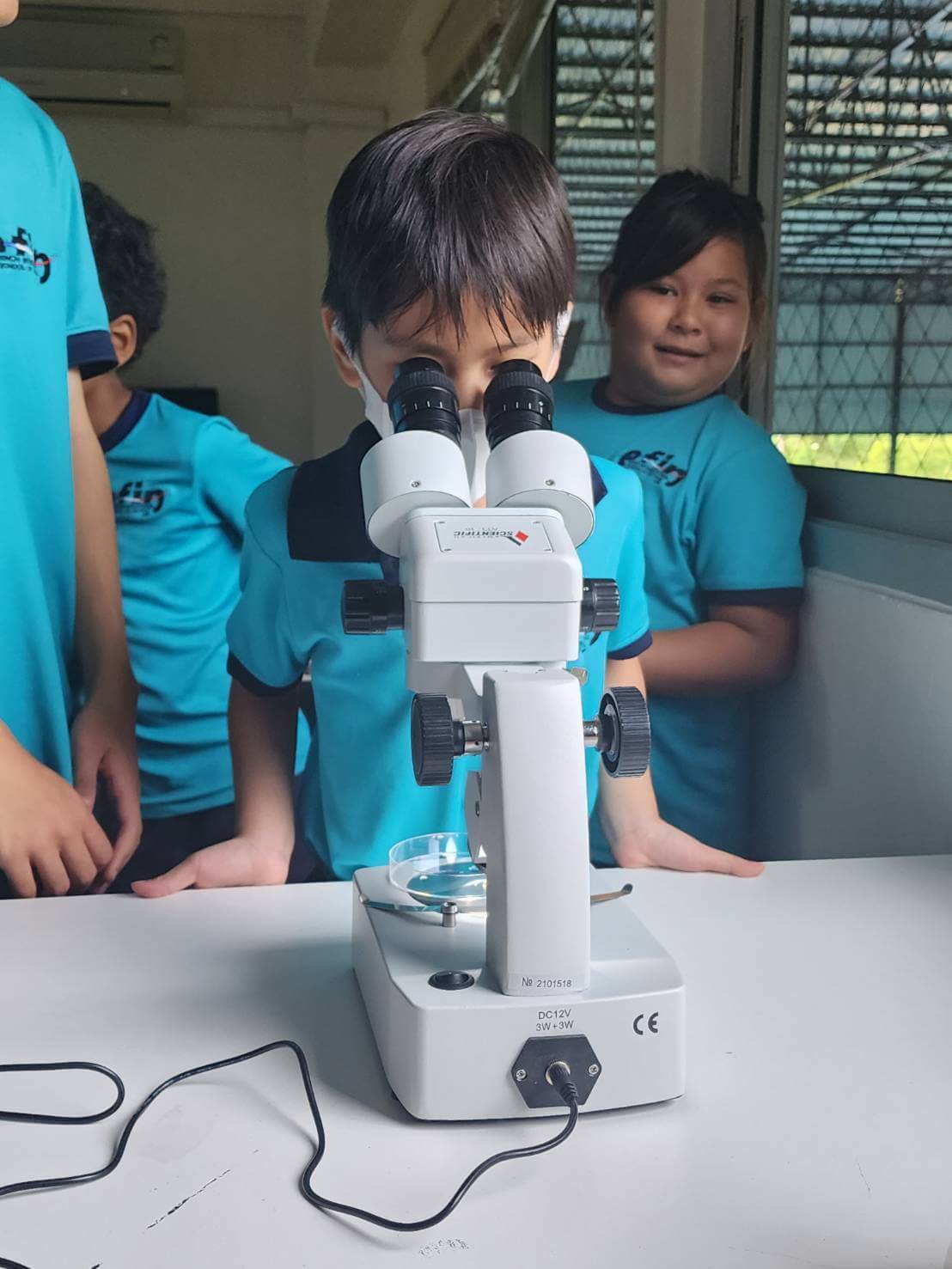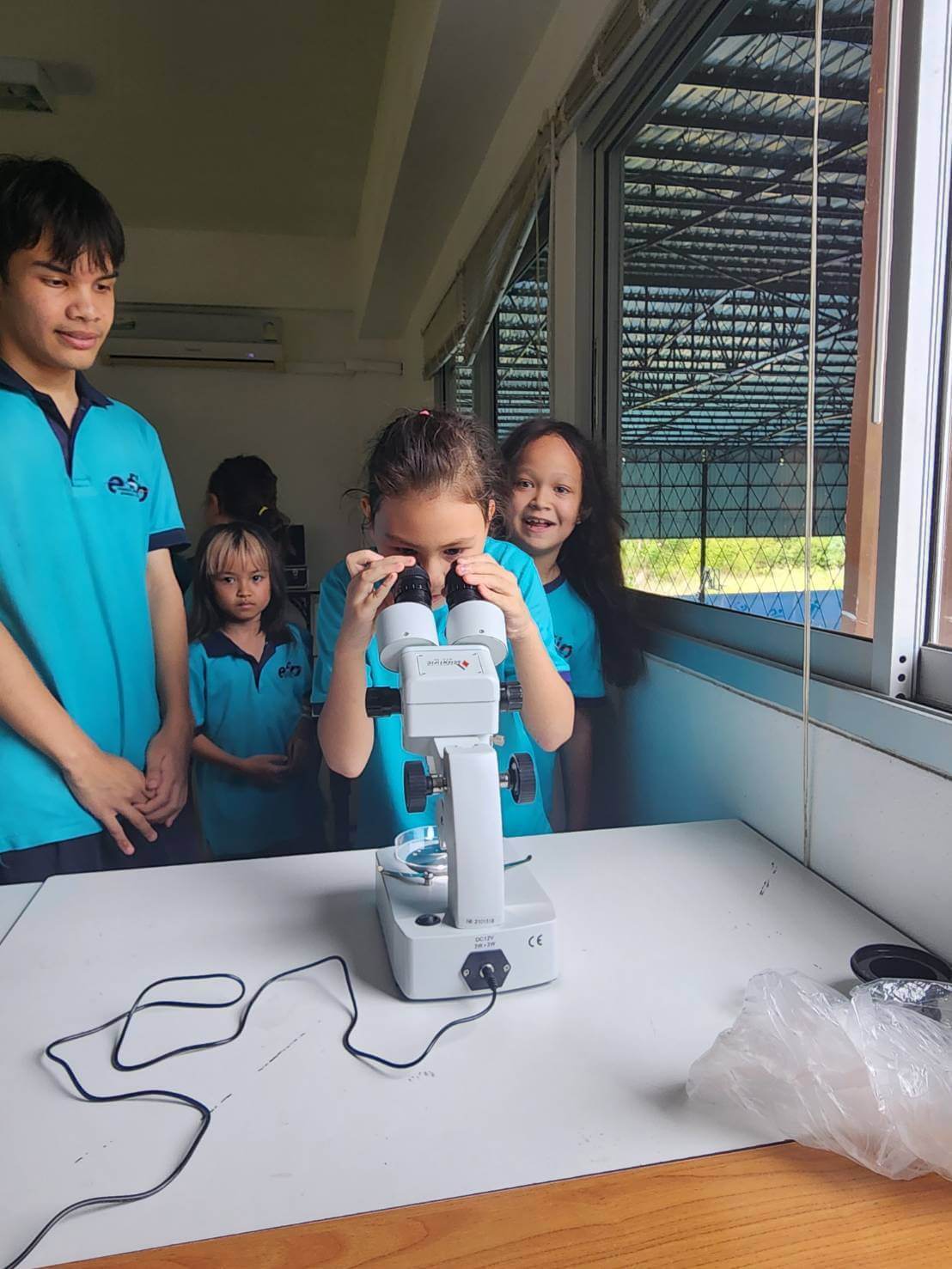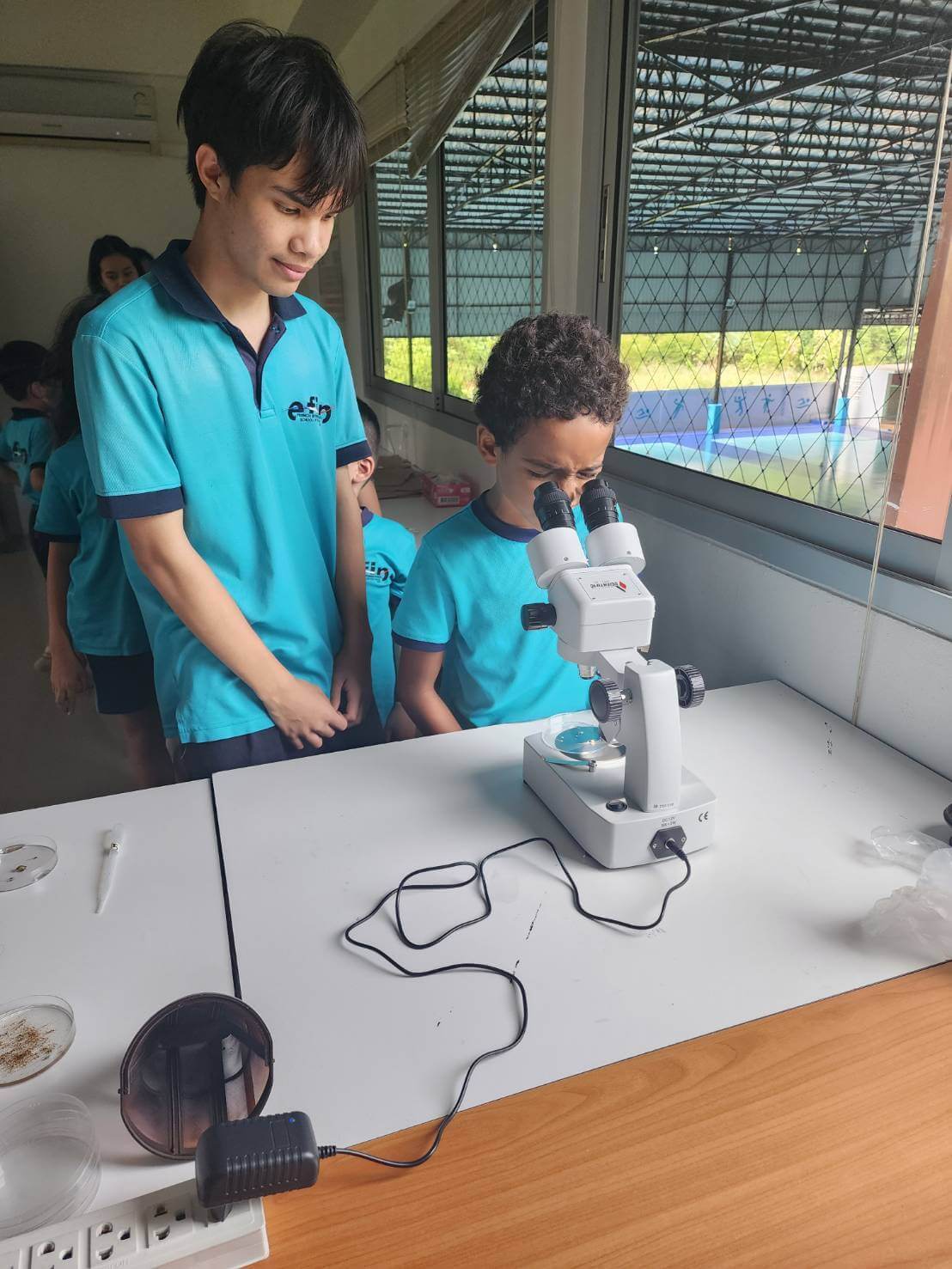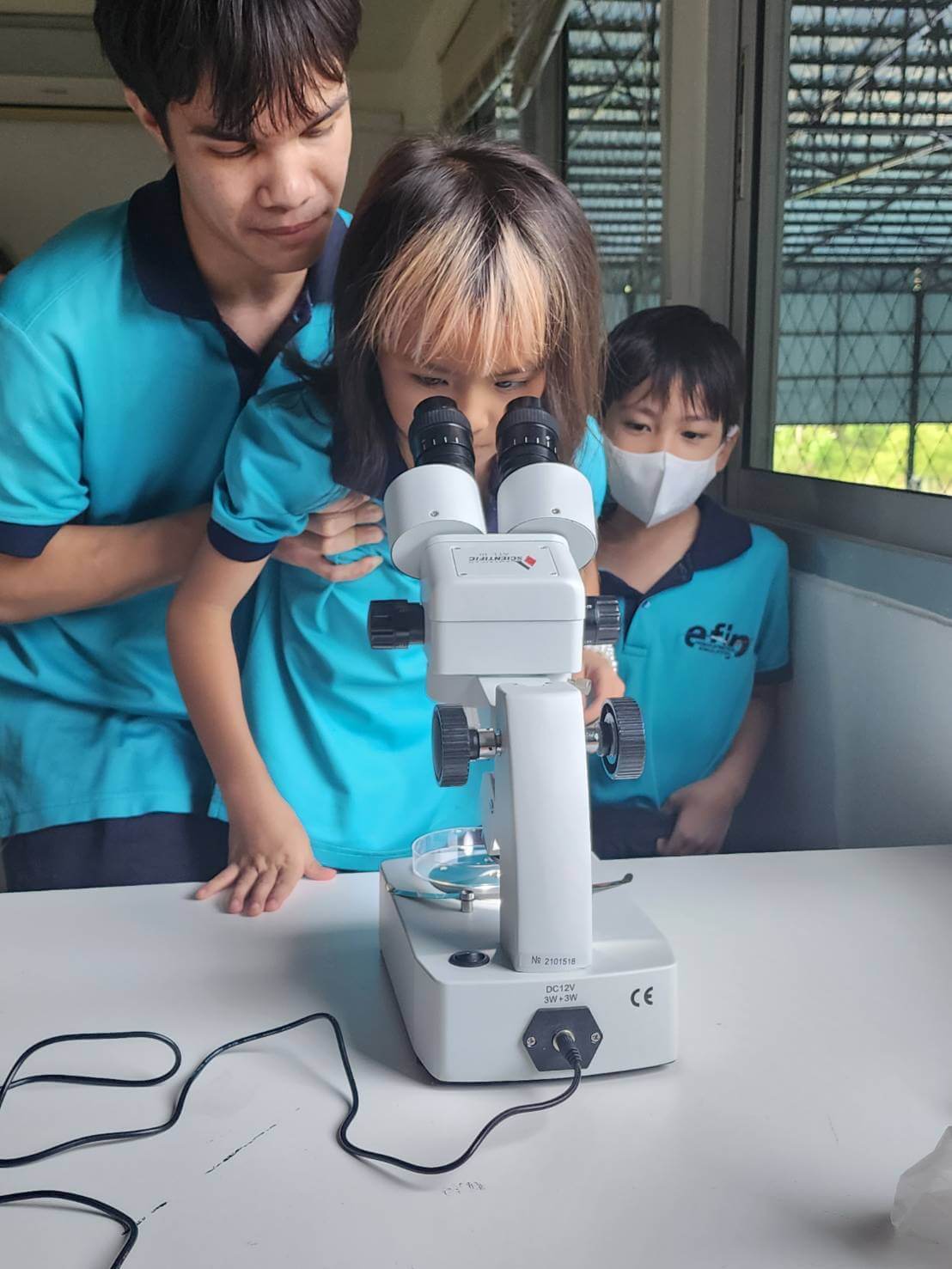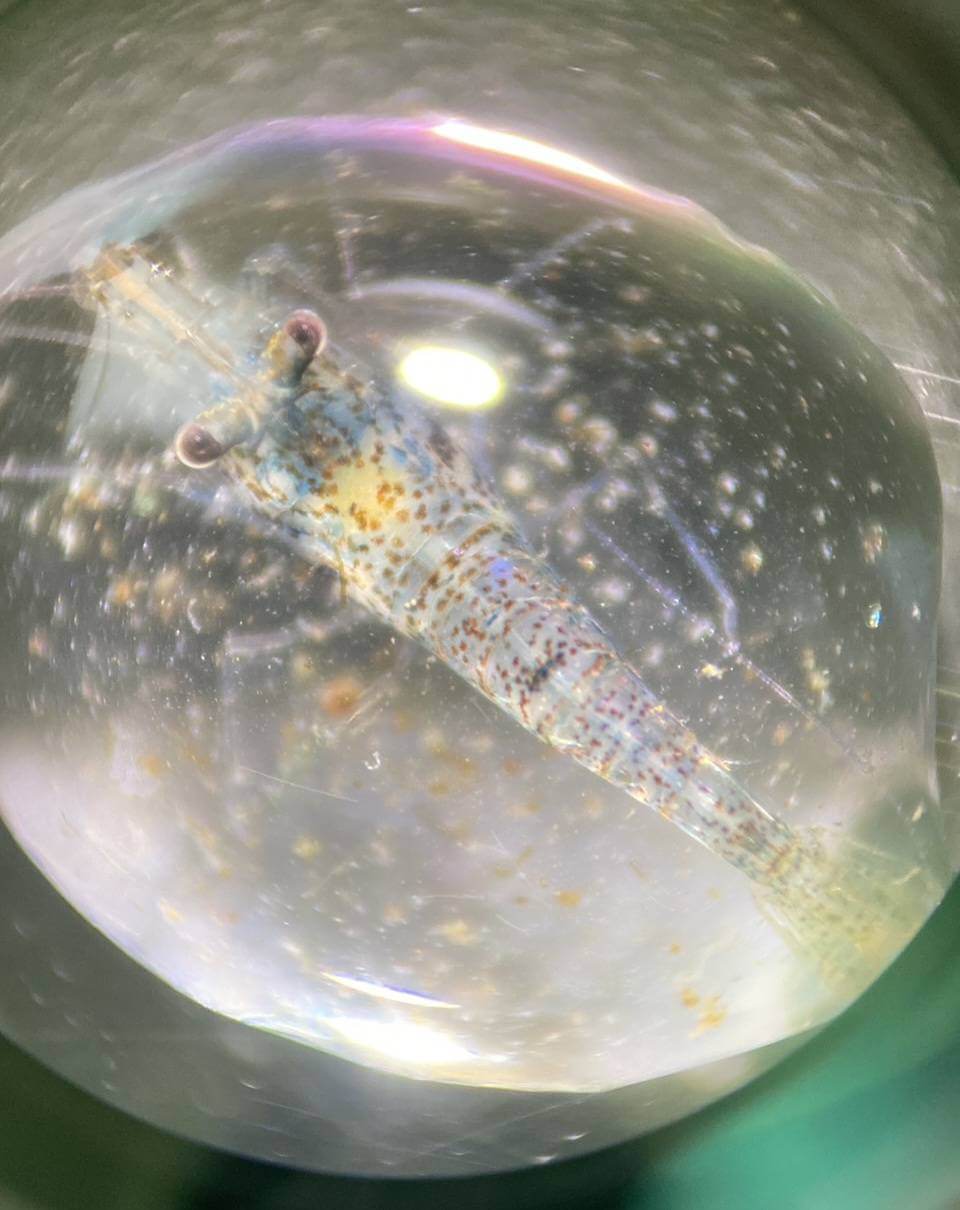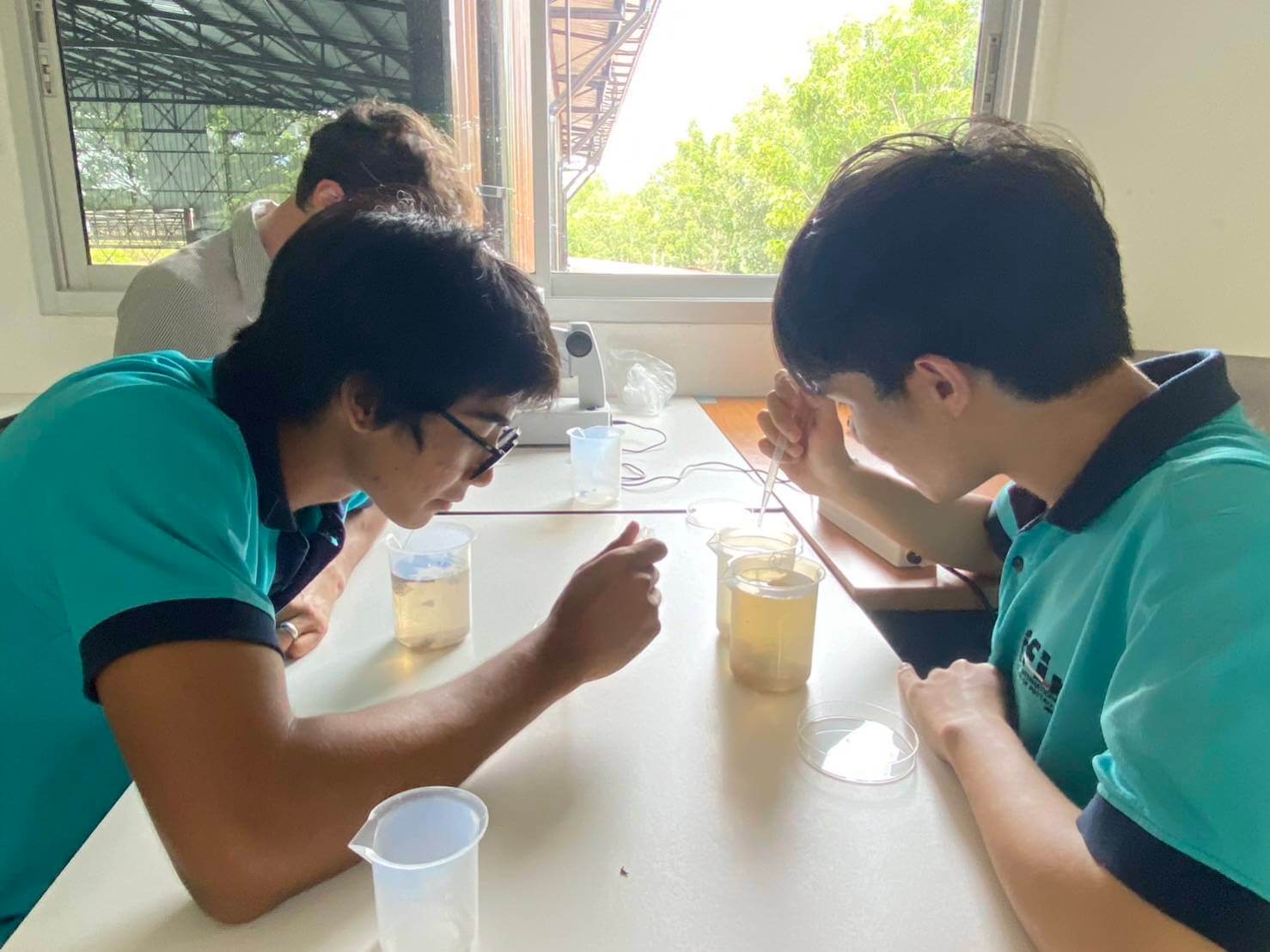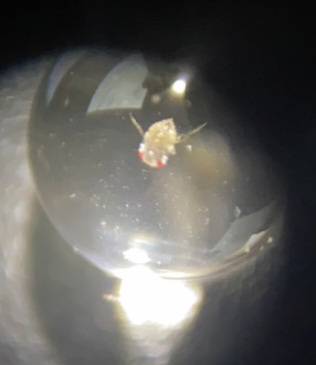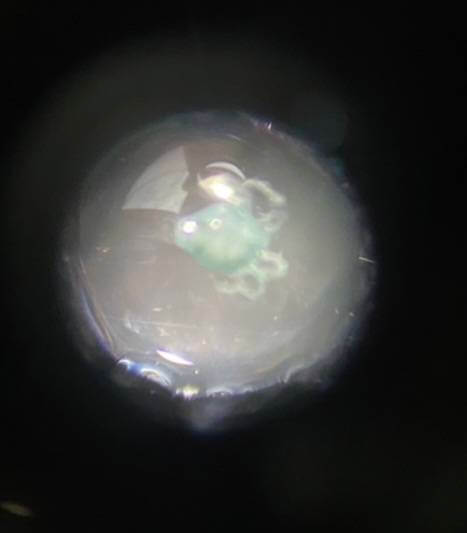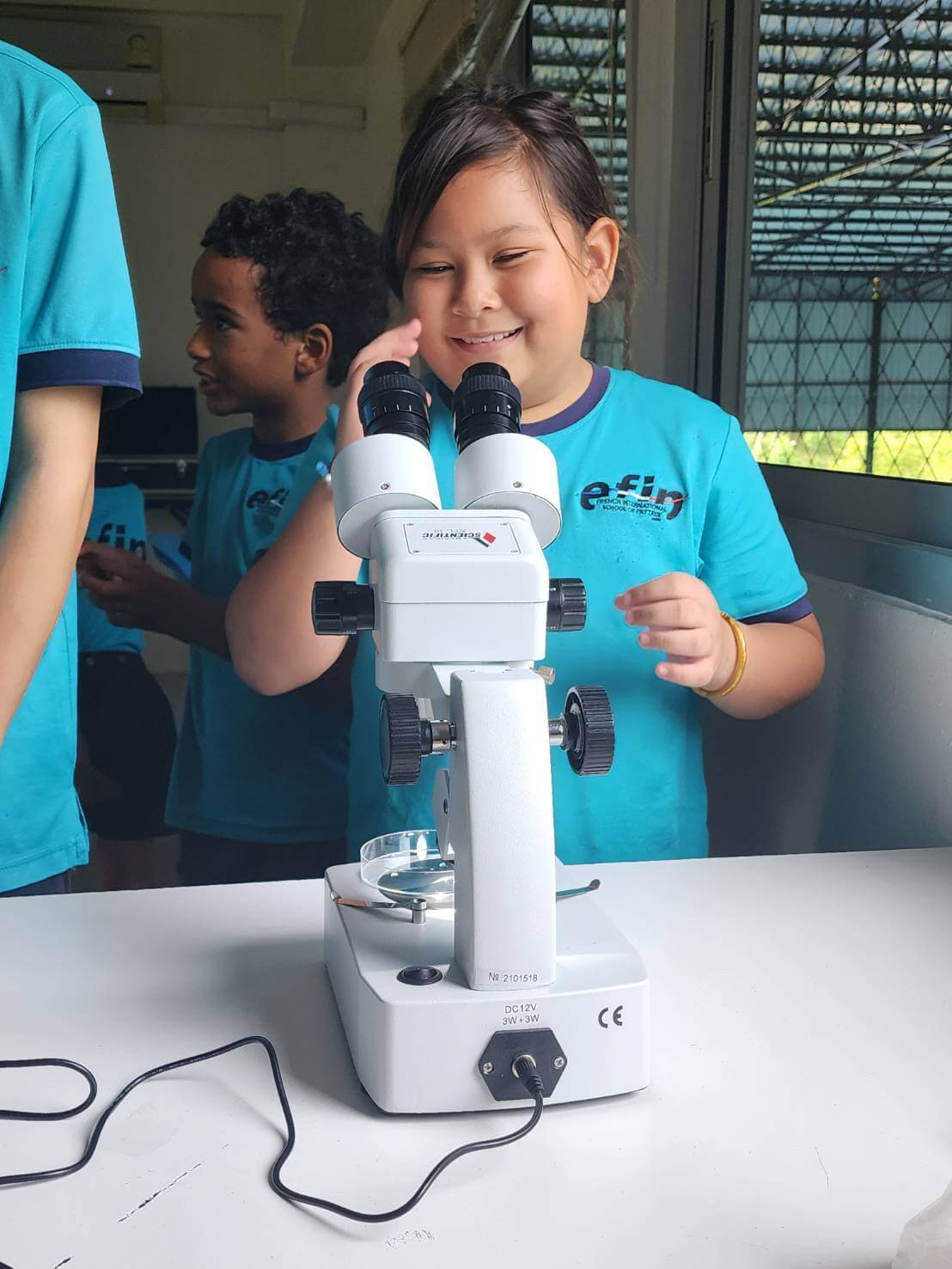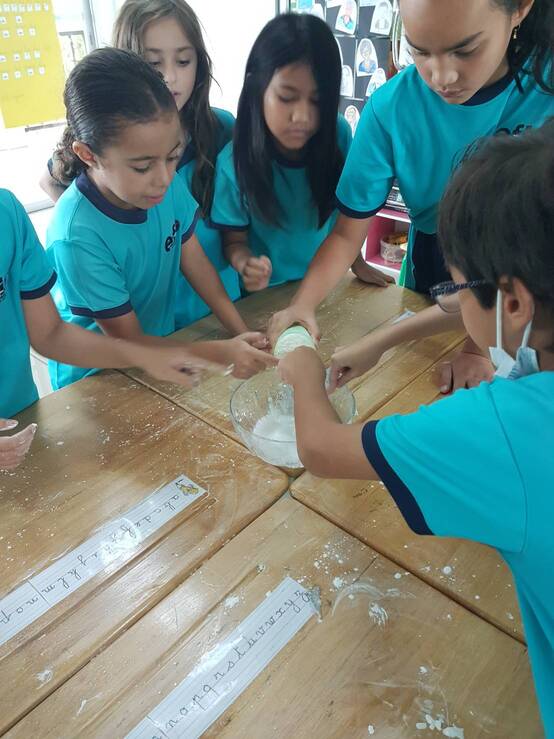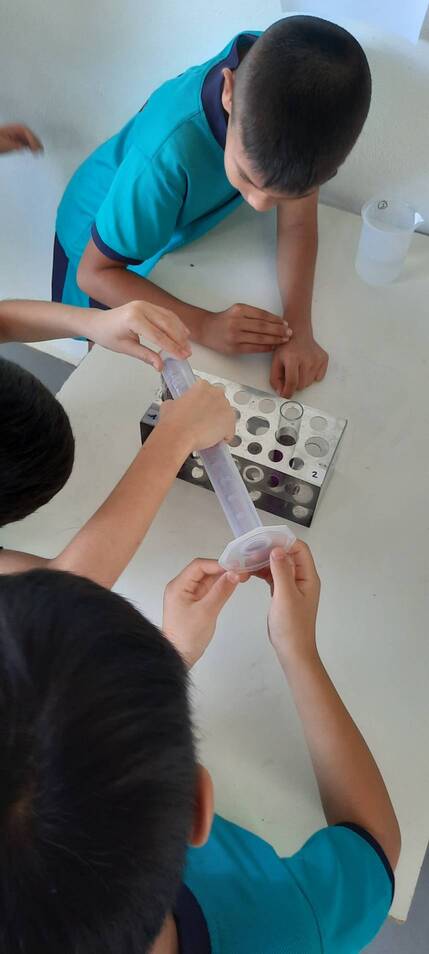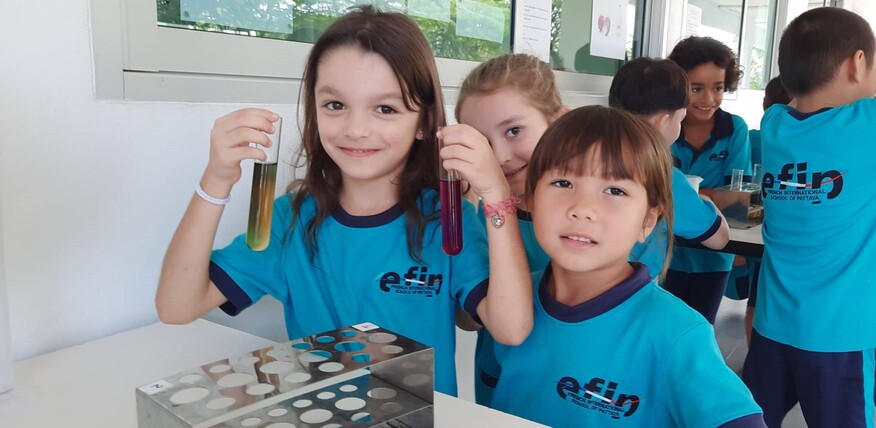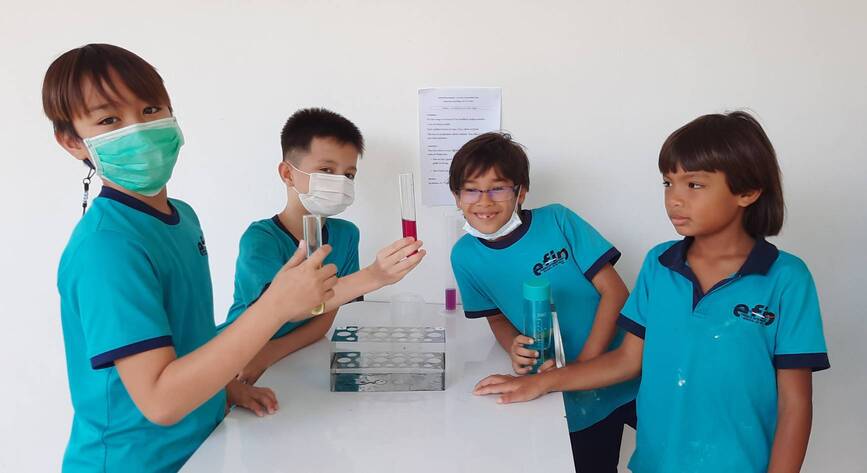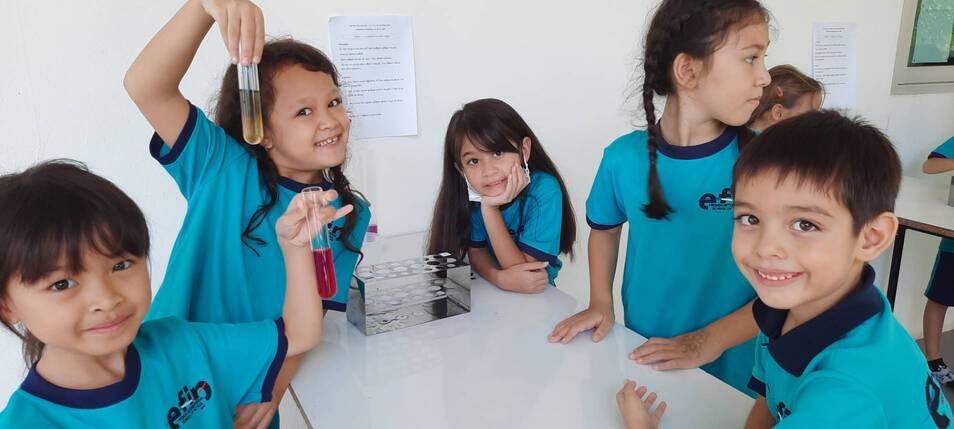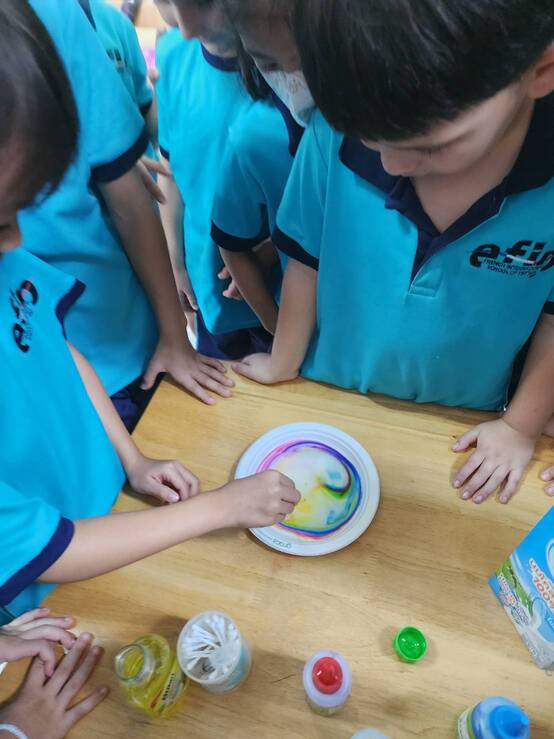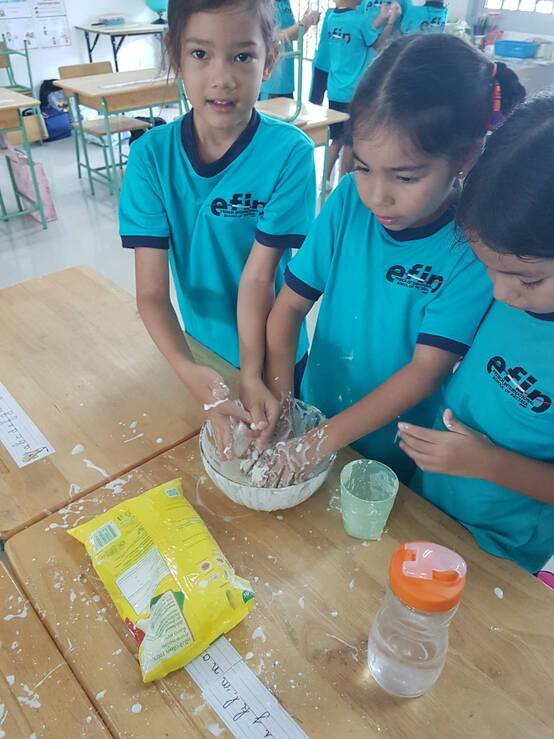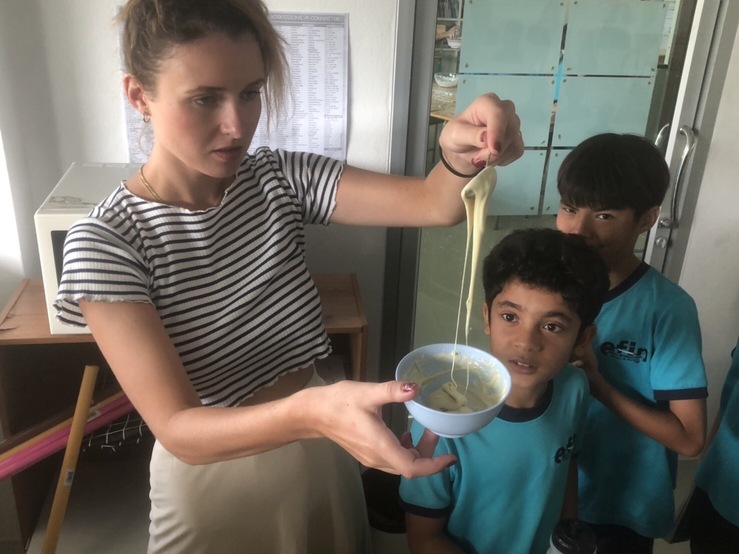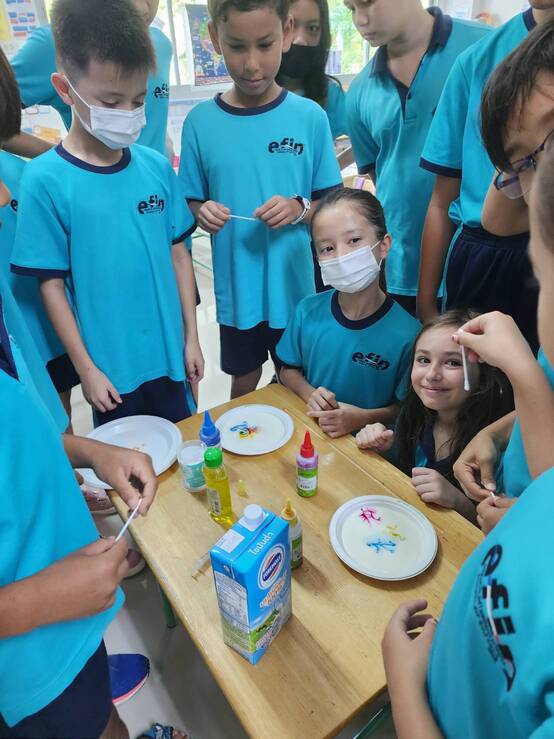“Washed Liver” Experience
Students in the SVT specialty were able to reproduce the famous "washed liver" experiment, carried out by Claude Bernard in 1855. The aim of this experiment is to demonstrate the production of glucose (sugar) by the liver from a storage molecule, glycogen. This experiment allowed our students to draw the following conclusion: our liver can store large
The mangrove: a threatened paradise
https://youtu.be/yWNxDKfa19I As part of participation in the international sustainable development film festival, the Year 8 and Year 12 classes as well as their SVT teacher produced a scientific documentary on mangroves, their particularities, and the threats they face. The official festival selections will be announced on April 30.
Observation of living beings in an ecosystem
Observing the living beings of an ecosystem is good. Observing them by magnifying them up to 45 times is better! This is what our 6th grade students did today in science class. They first went down to the school garden to capture small animals (insects, arachnids, etc.) and plants, then observed them using a binocular magnifying glass.
Science week in CE1/CE2
https://youtu.be/IhaimKI5aGY?si=ghpkBkCknbRufxZ5
Kindergarten Science Week
For science week, the kindergarteners continue to develop the vegetable garden: they put the seedlings in the ground and plant a few other seeds (radishes, beans, soya, corn, etc.) Since science week was linked to sport this year, they also took the opportunity to work on the movements of animals observed in the garden (butterfly, caterpillar, spider,
What is an ecosystem?
We know that human activities often have a negative impact on ecosystems. But what is an ecosystem? This is the question that our 5th grade students asked themselves this morning in SVT class. To answer it, they went to see for themselves, directly on the ground! They observed living beings and the environmental conditions of a very particular ecosystem, the
Technology in year 9
The 4e students worked on a technology project aimed at helping them discover and choose a technical solution to overcome a more or less significant difference in height by river. The solutions studied all have an extraordinary side and highlight simple operating principles. Thus, they were able to discover locks, funiculars, hydraulic elevators and even inclined planes.
Science experiment in grade 6
What happens when you put baking soda in vinegar? We produce gas, a lot of gas! Enough to inflate a balloon without straining your lungs! This gas is carbon dioxide (also called CO2) produced by the reaction between an acidic compound (vinegar) and a basic compound (bicarbonate). A very telling example to show our “Year 7” students that, sometimes,
Observation of zooplankton by CP/CE1 pupils
During this last week of classes, the science students of the High School prepared, with the help of their SVT teacher, a zooplankton observation session for the students of the CP/CE1 class. It was a great opportunity for sharing and discovery. Thanks to them and their teacher.
The week of science
As part of the science week, the primary school pupils were able to carry out a number of science experiments.









